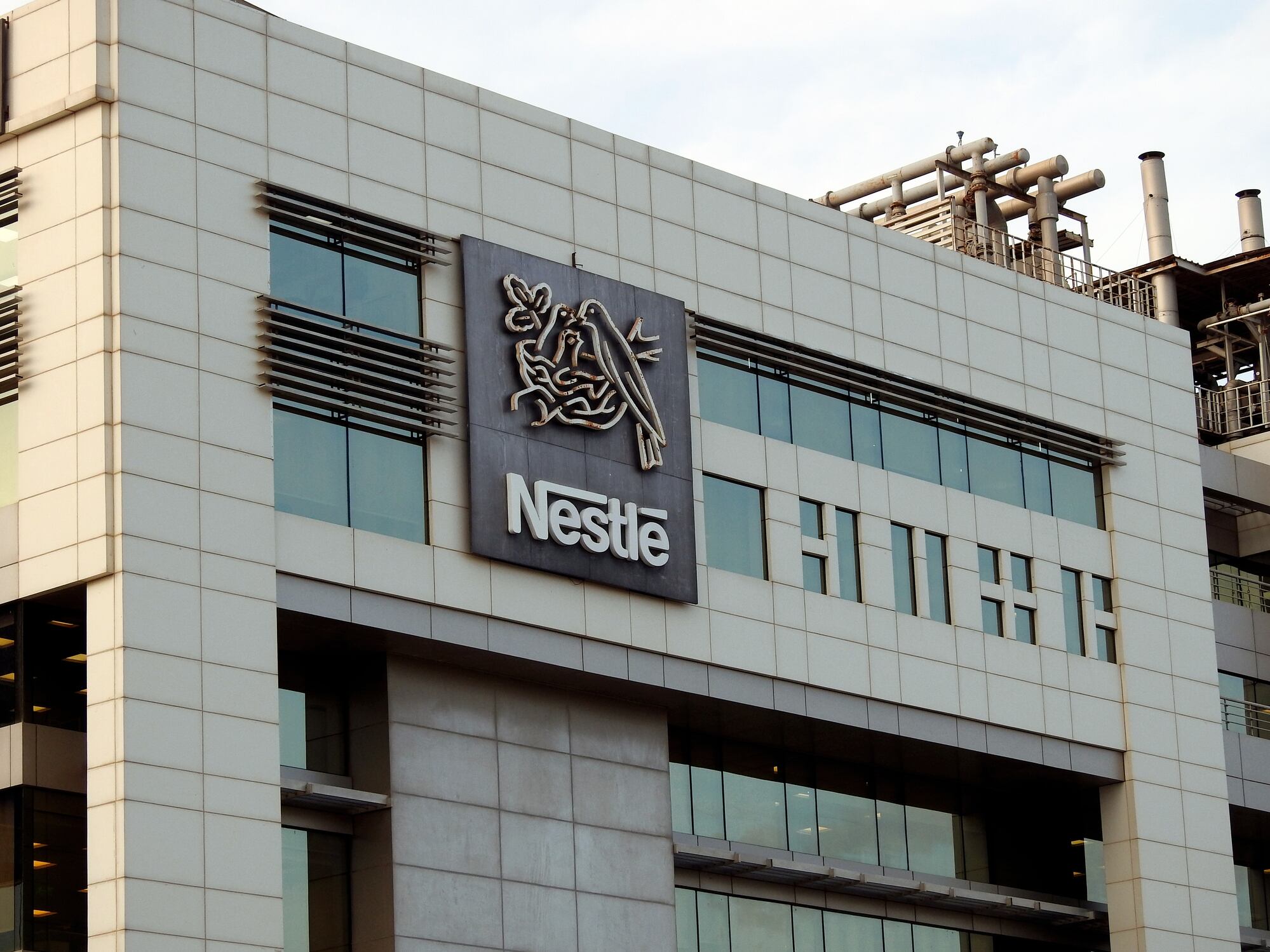
Nestlé backs global cereulide standards as recalls grow
The Swiss major has joined calls for harmonized safety standards on cereulide, the toxin at the center of a major infant formula recall

The Swiss major has joined calls for harmonized safety standards on cereulide, the toxin at the center of a major infant formula recall
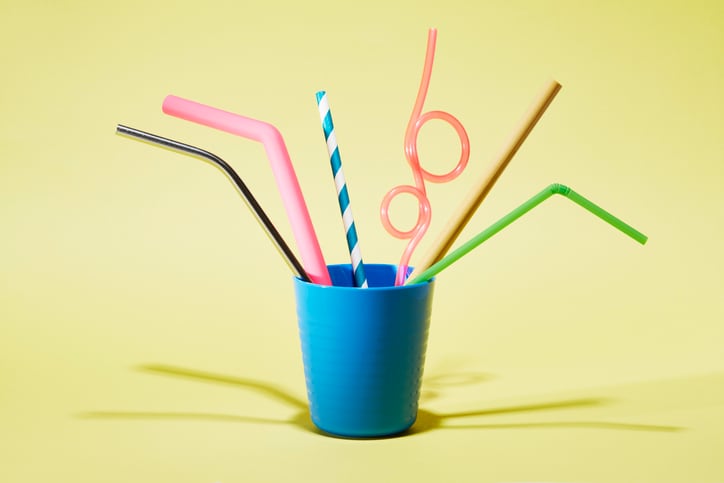
Plastic straws are increasingly facing bans throughout the world: opening up innovation in more sustainable options. But do they really deliver on their eco-friendly claims?
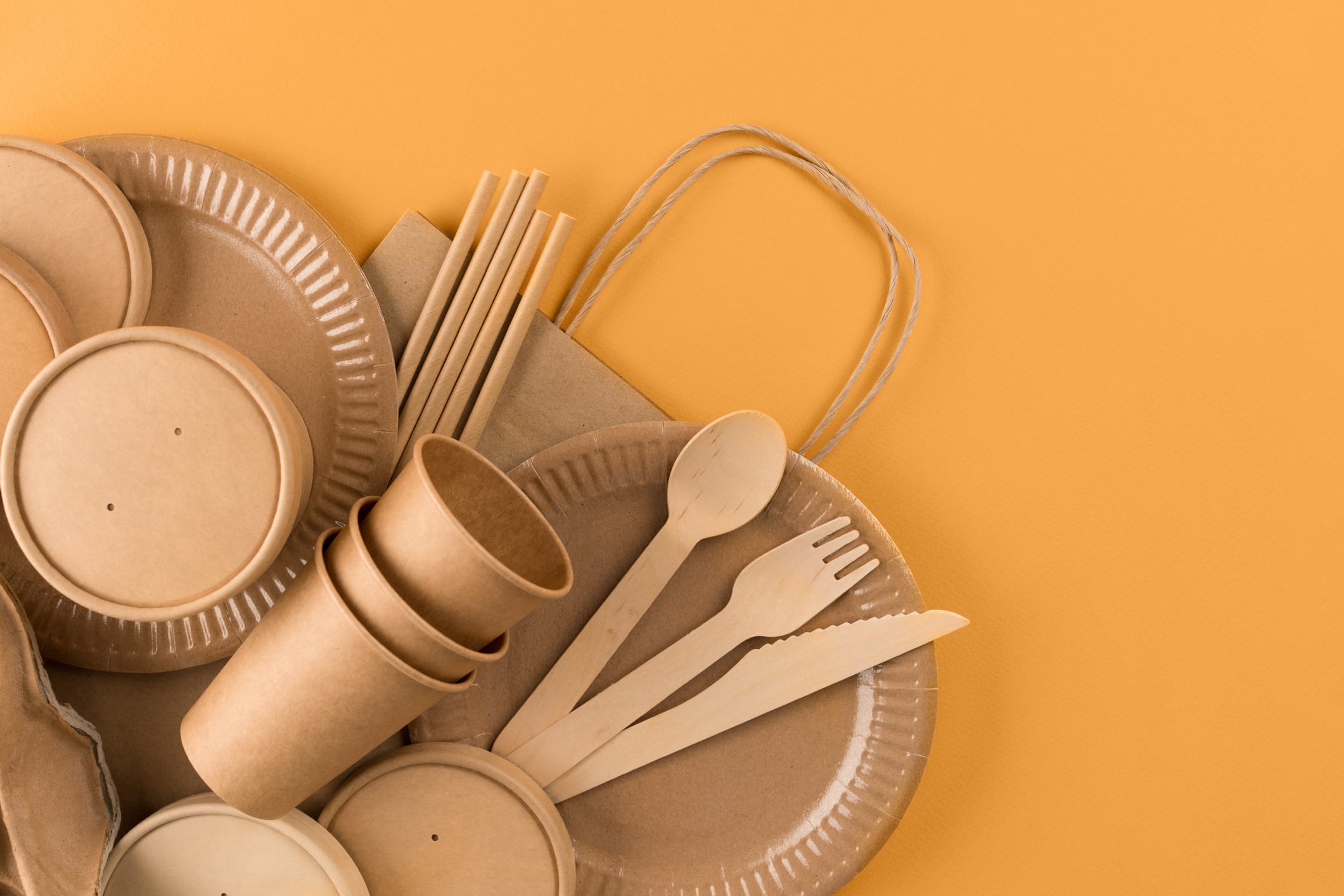
2026 Trendspotting
2026 promises to be a pivotal moment for packaging for food and beverage CPG as innovation shifts from flashy materials to more precision, credibility and data-based decision-making
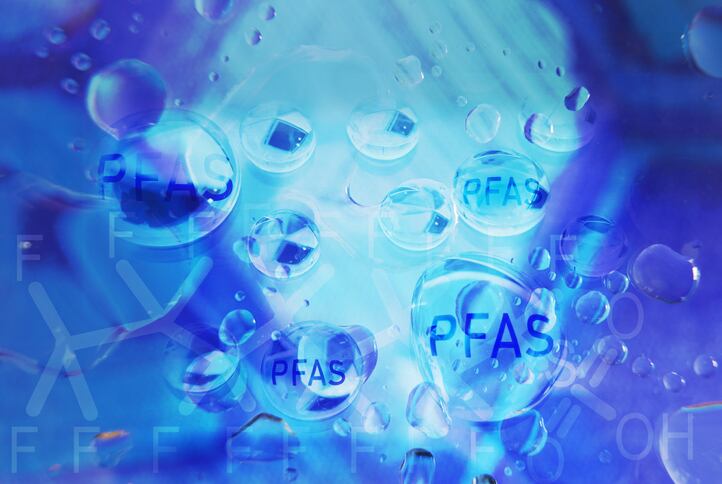
The proliferation of ‘forever chemicals’ in the food system is causing increasing concern. Beverage manufacturers need to be ready as restrictions tighten
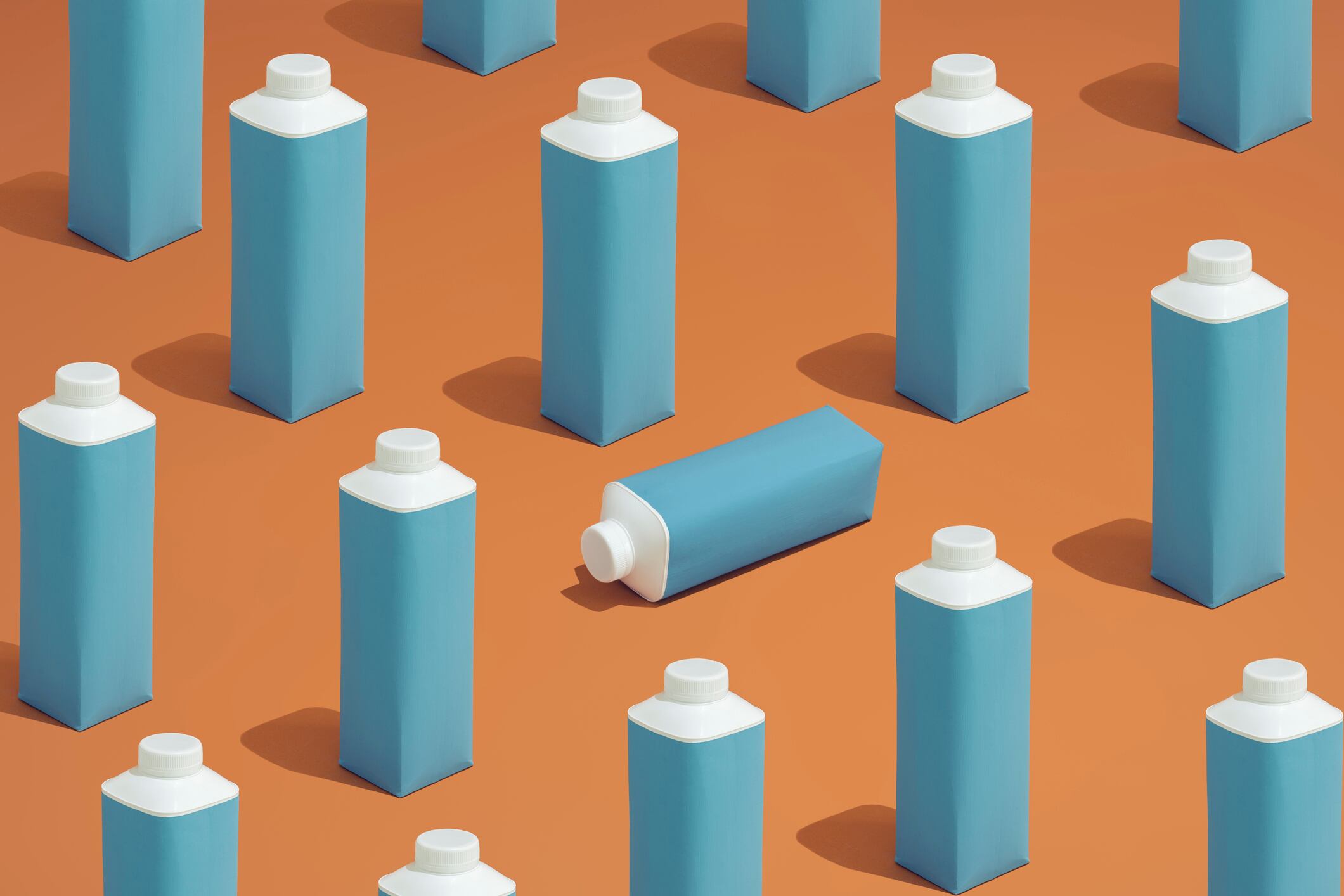
A round-up of some of the latest packaging stories
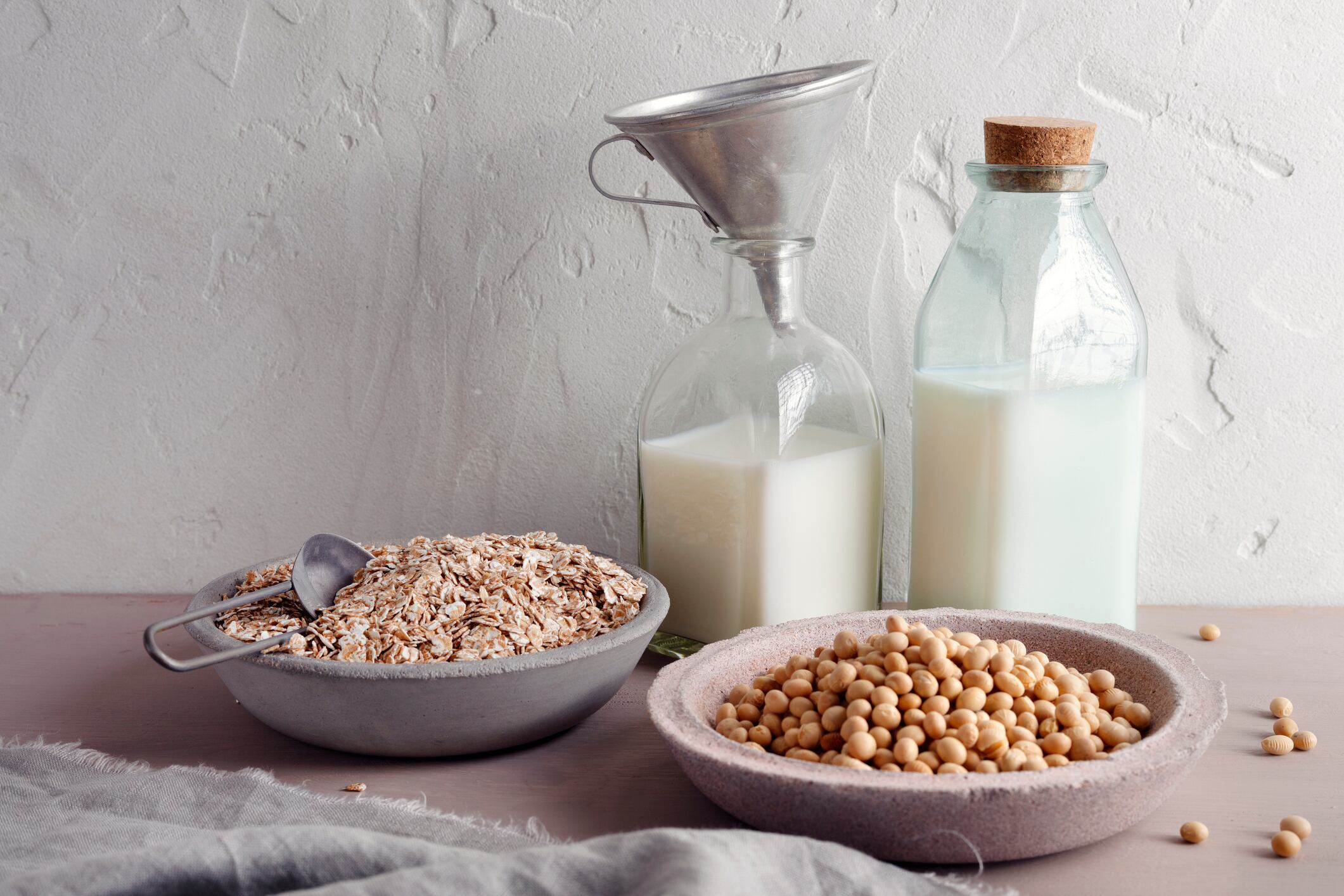
Barista oat drinks, fibre-rich soy, and functional carton formats are some of the ways to support healthier, convenient, and sustainable product launches
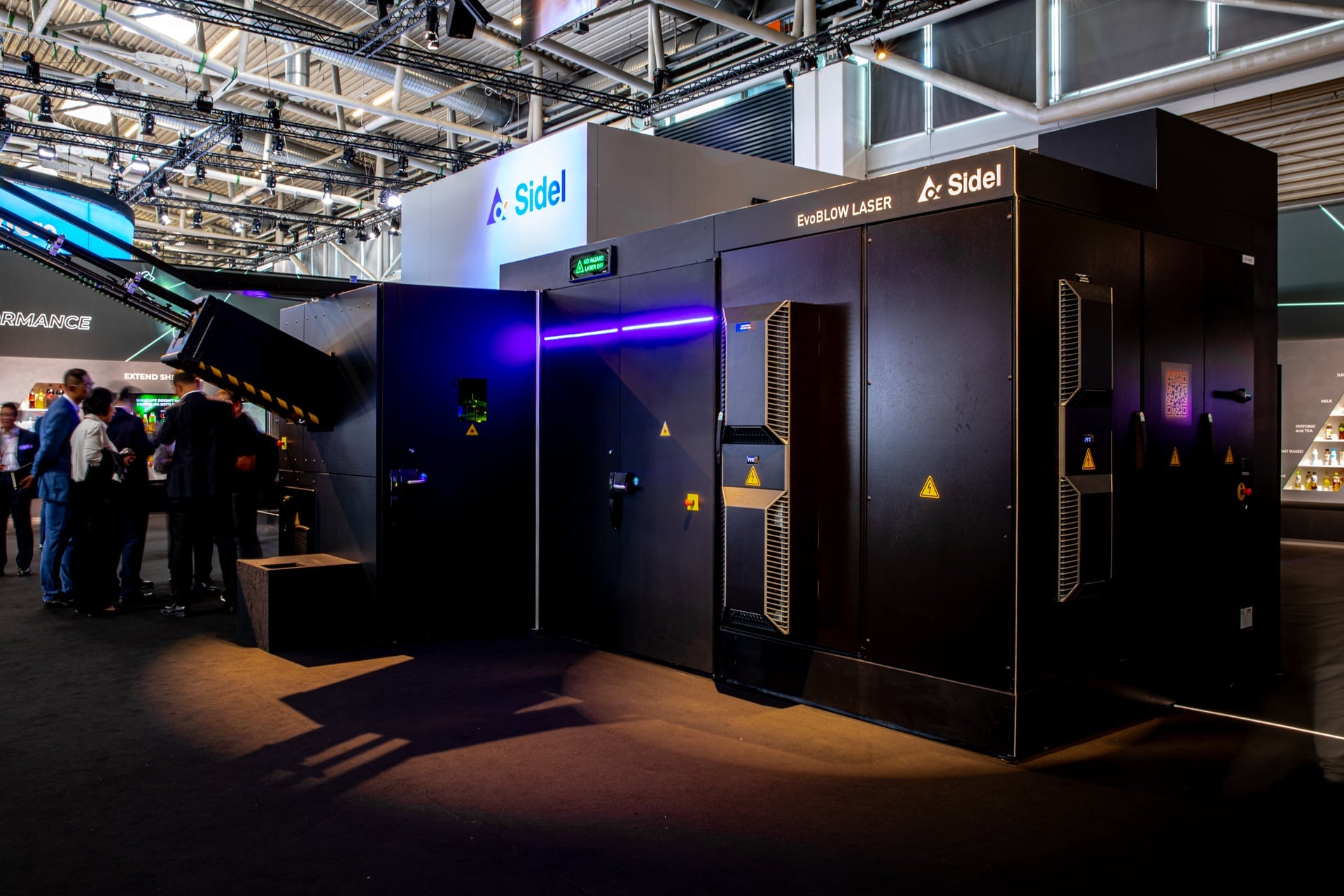
In 1980, Sidel pioneered the commercial PET blower. Now, it’s unveiled the world’s first industrialized laser-powered solution: tech set to reshape the industry again.
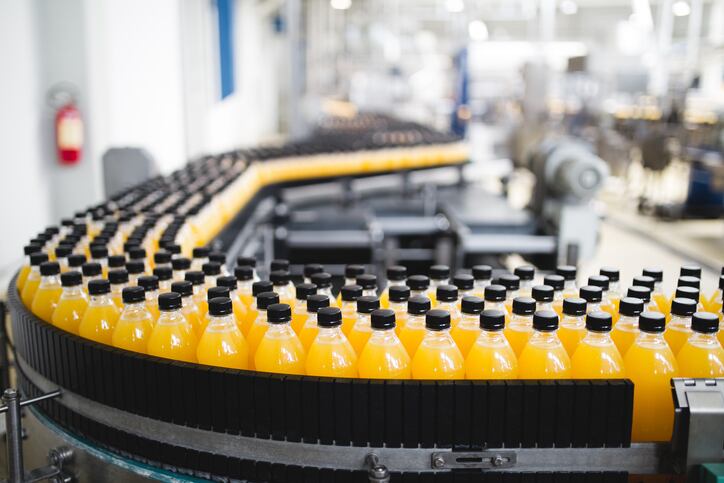
Streamlining supply chains, embracing technology such as AI, and championing innovation can help beverage processors succeed in a competitive and evolving market that’s focused on health and wellness
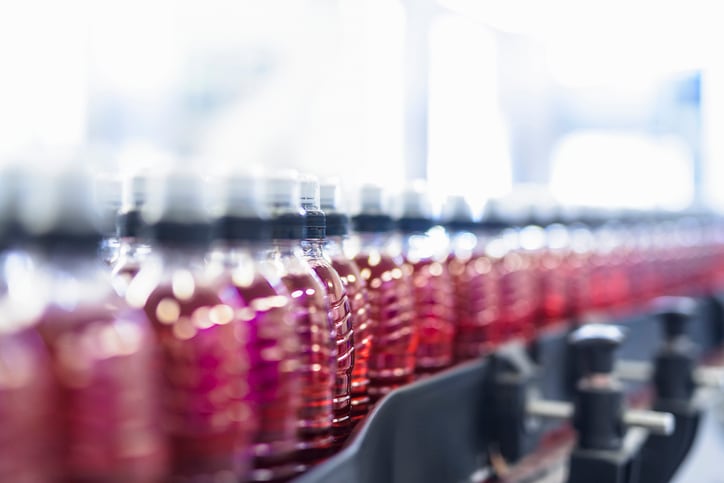
Sustainable September
New tech launched at drinktec puts sustainability front and center
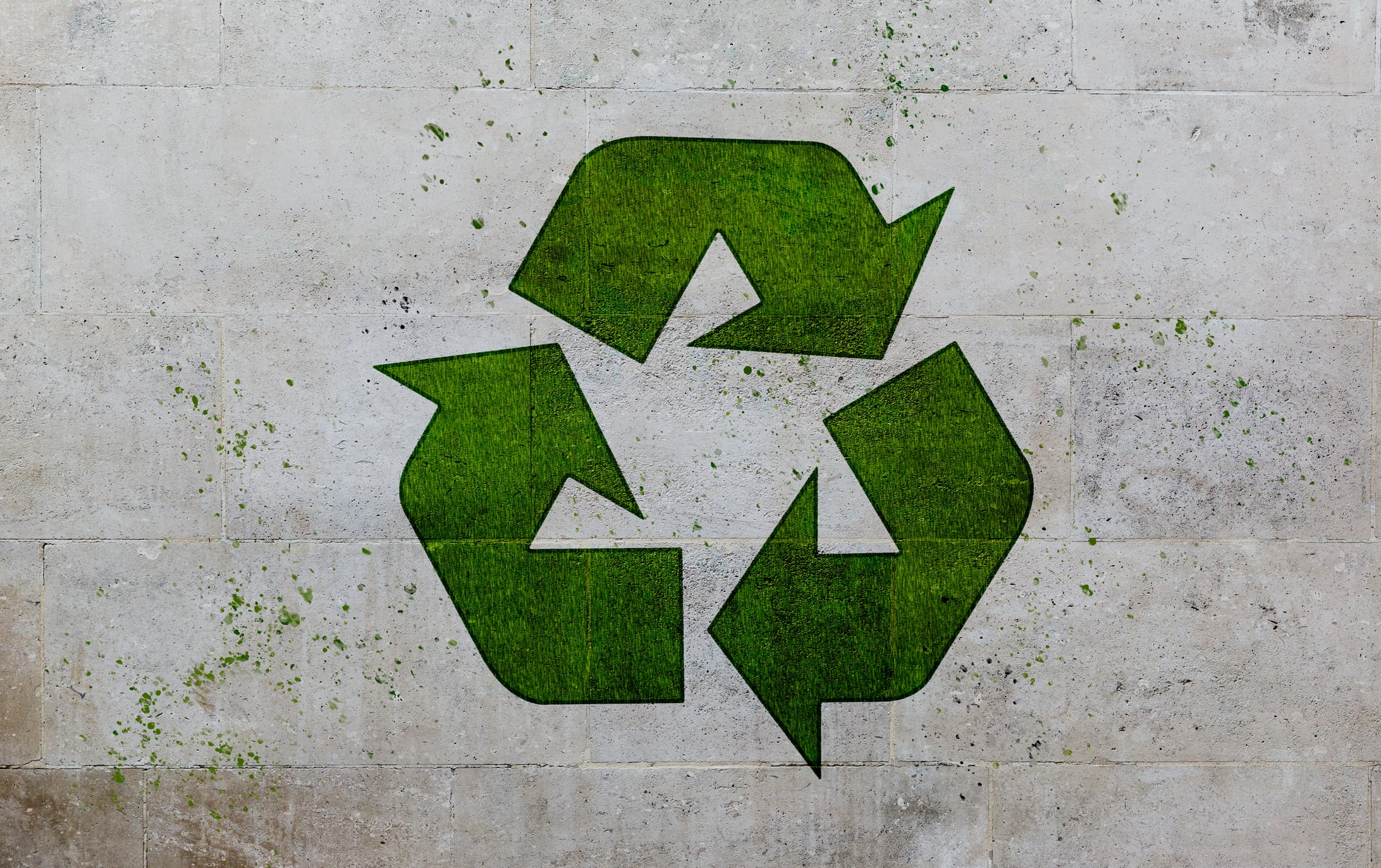
Sustainable September
German company looks to US collaborators to scale compostable bottles
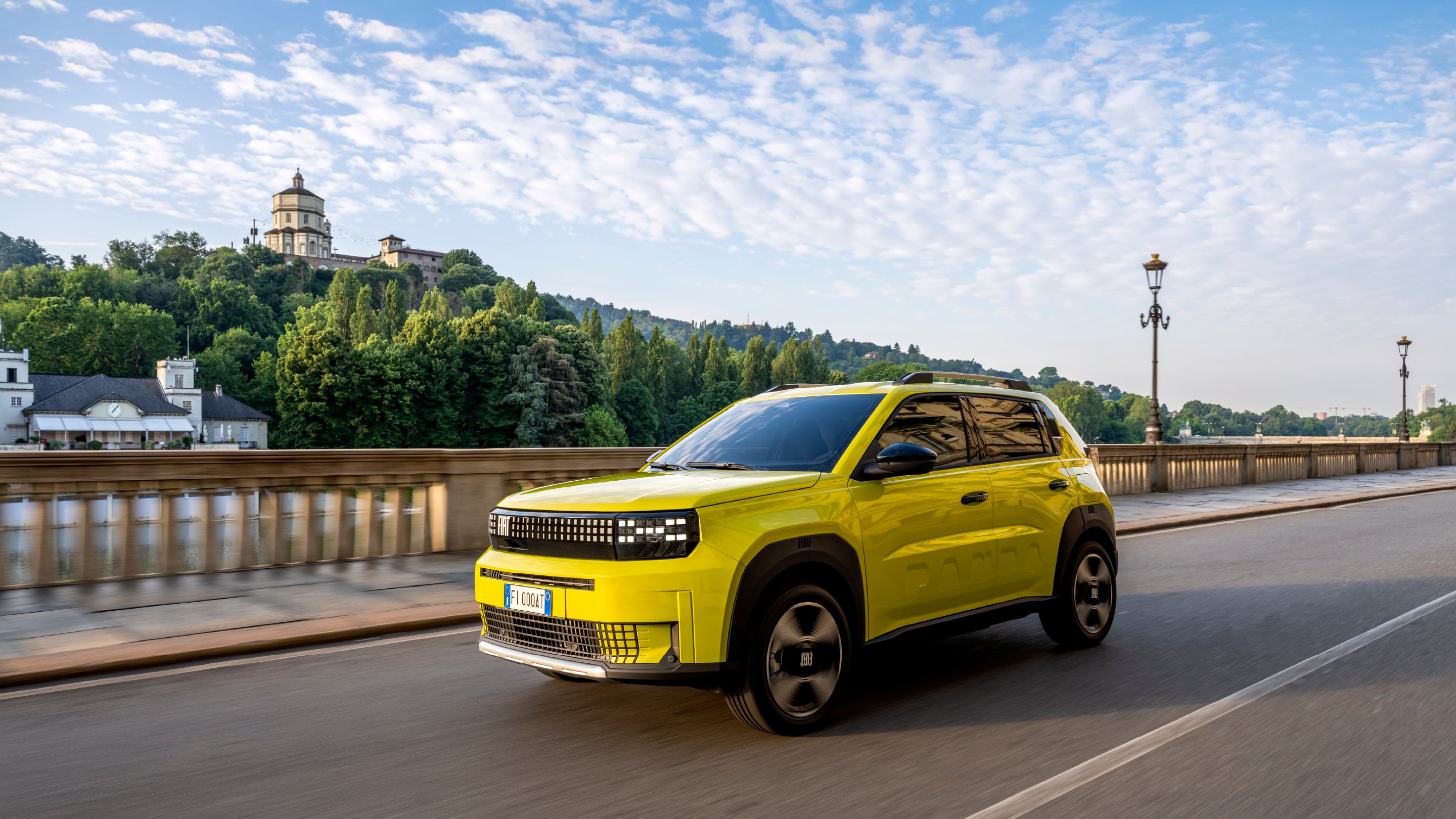
Sustainable September
Fiat now incorporates recycled materials from used cartons into its vehicles. How much potential do cross-industry collaborations like this have?
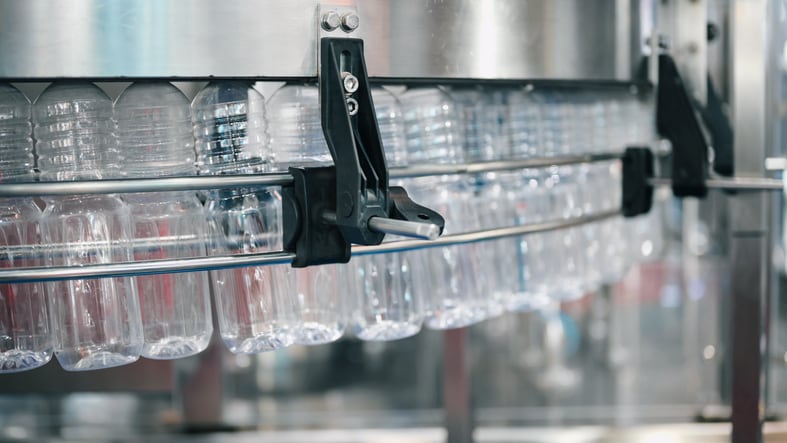
Sustainable September
Beverage packaging operations are responding to consumers’ demands for sustainability: in turn, shaping the choices of tomorrow
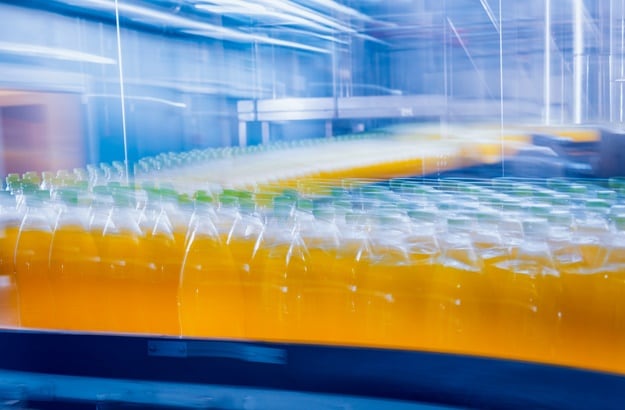
Drinktec’s program of events covers the biggest trends and top technical topics for the beverage industry
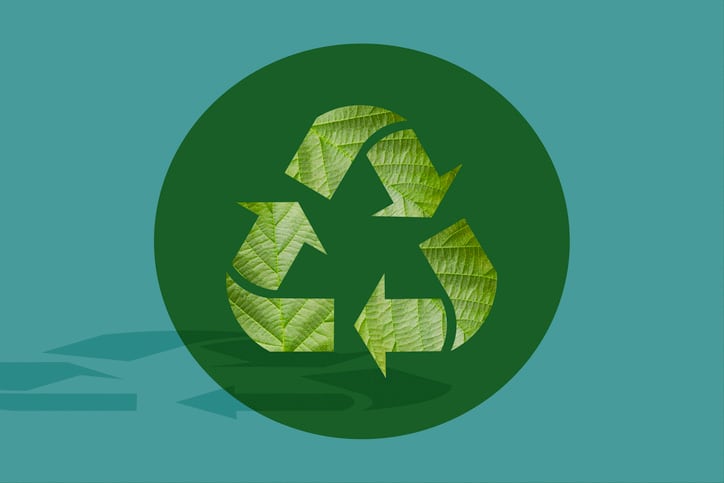
Sustainable September
From energy efficiencies to refillable packaging, how is the beverage industry working towards a circular economy?
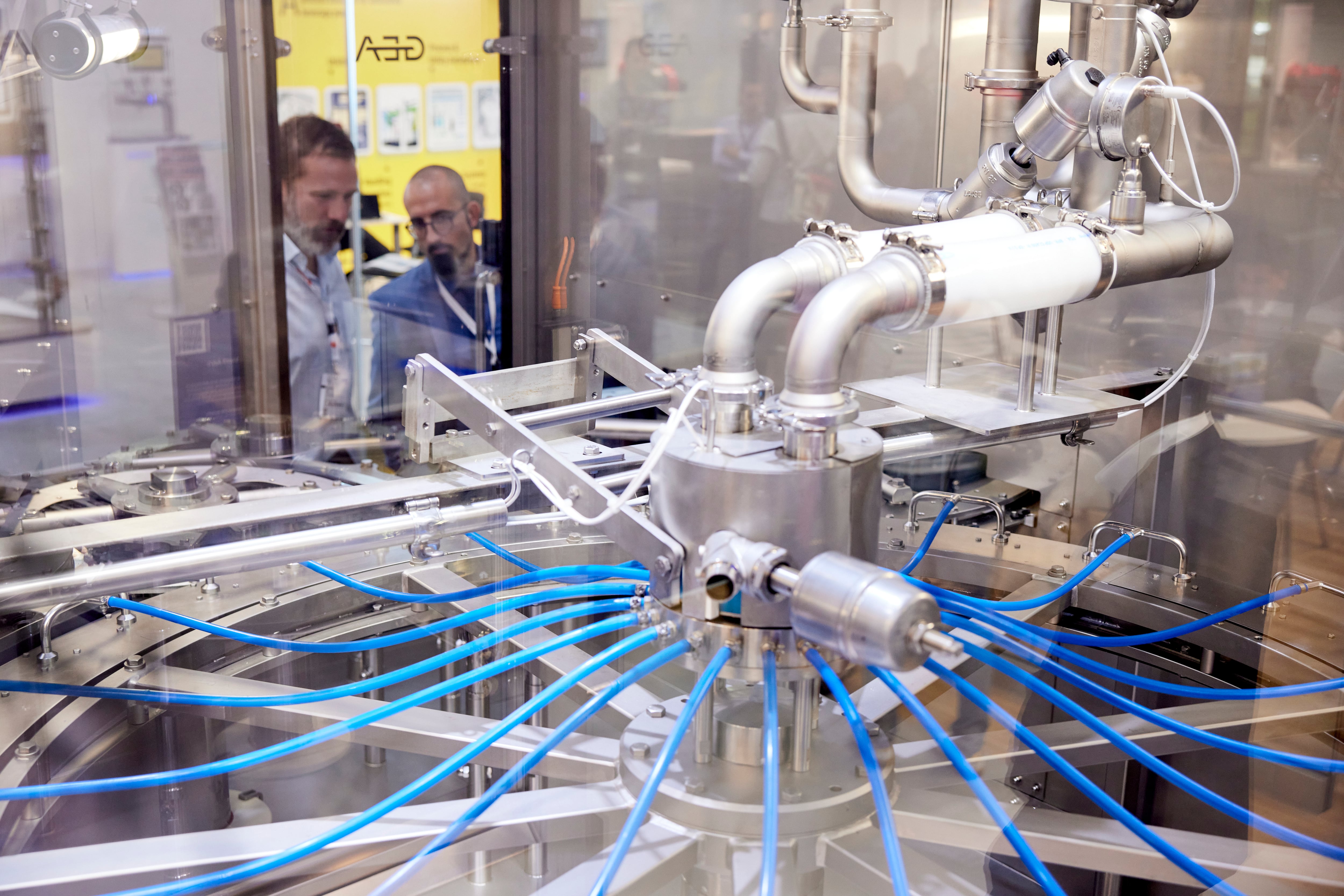
Drinktec’s executive director sits down with BeverageDaily and tells us what he’s looking forward to at this year’s show - and his top tips for getting the most out of the event
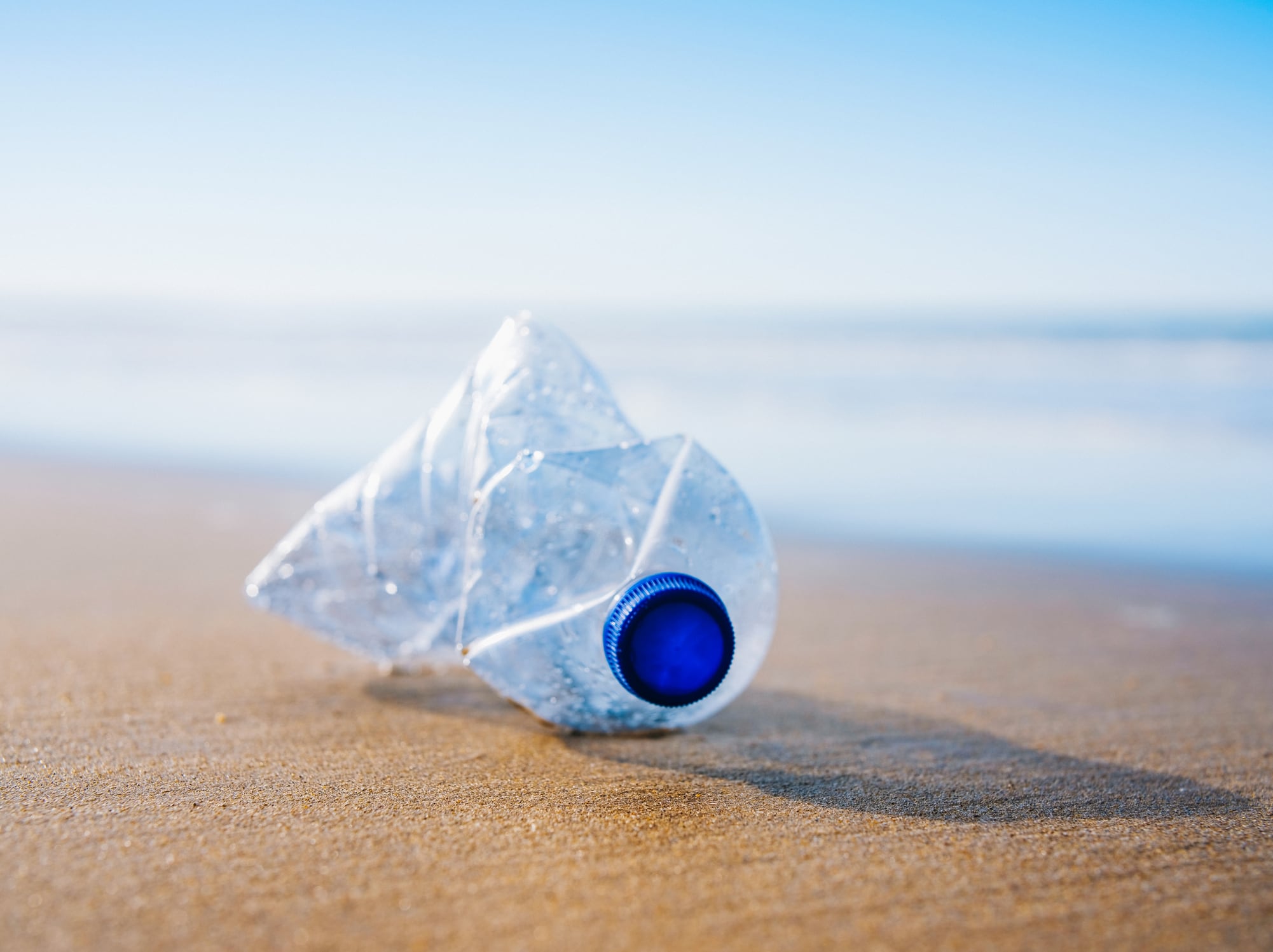
After years of negotiations, no global regulations to tackle plastic pollution have been agreed

While AI technology may grab the headlines, automation still propels most of the efficiency gains in manufacturing. But both technologies can certainly alleviate workforce worries
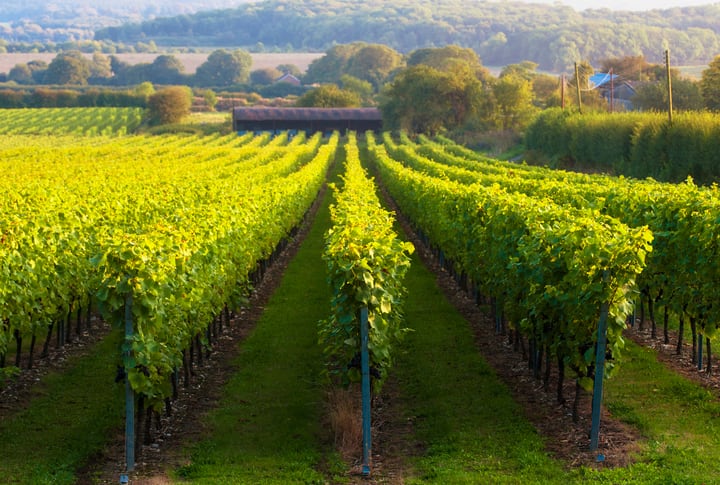
Old grapevine canes could be converted into a plastic-like film that is stronger than traditional plastic and decomposes quickly
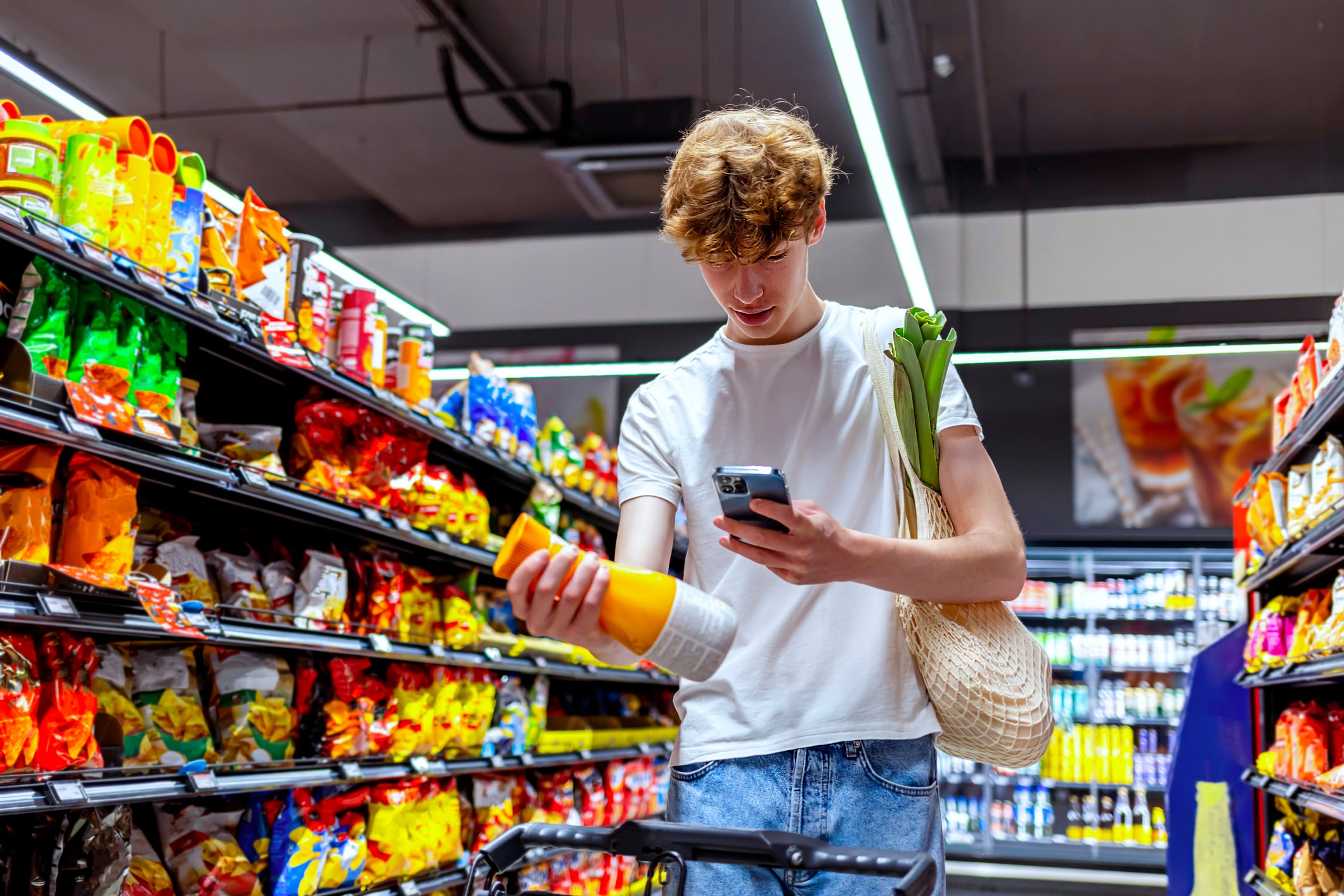
Dynamic QR codes are emerging as a key tool for brands to own the post-purchase experience and capture first-party data
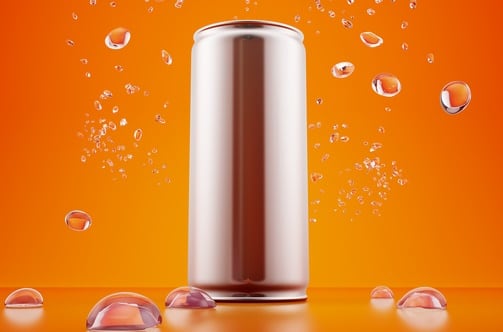
Not so long ago, luxury and sustainability were mutually exclusive when it came to packaging. But drinks brands are turning that notion on its head and building something far more innovative in its place
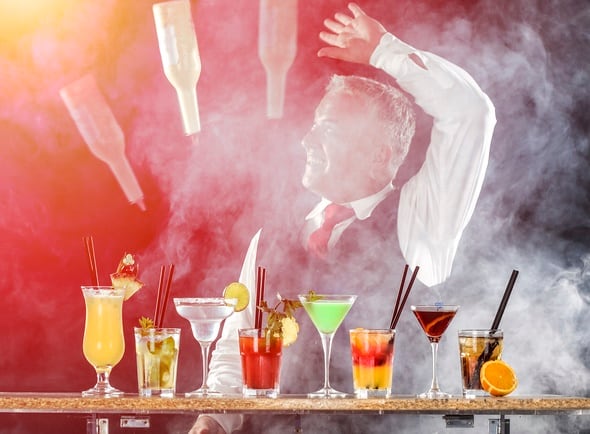
Plant-based packaging, ultra-light glass and a flair for the dramatic: Pentawards’ annual competition showcases the best and boldest in a new era where sustainability meets storytelling
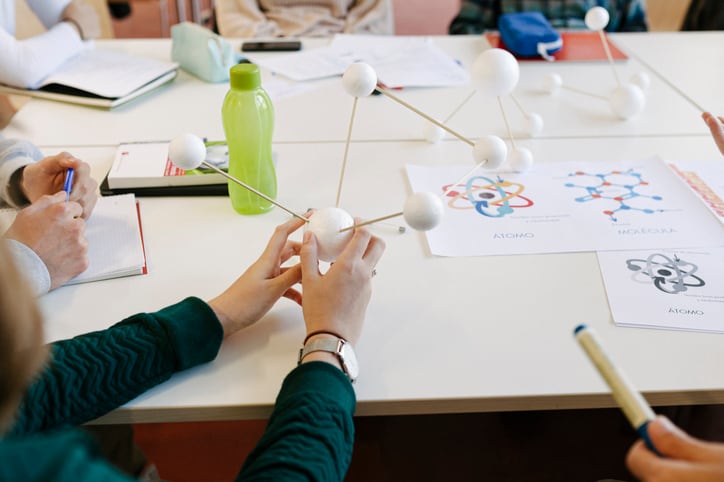
Can artificial intelligence reshape material discovery? How far can lightweighting go? What potential do paper bottles have? Innovators are pushing tech forward like never before...
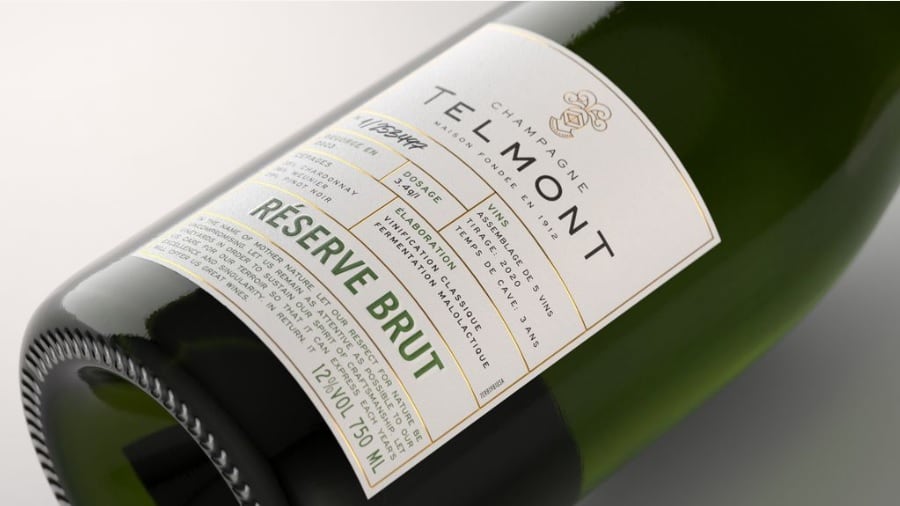
Champagne Telmont’s ultra-lightweight Champagne bottle hits the market this month: marking a milestone in sustainable winemaking with the tech open to all
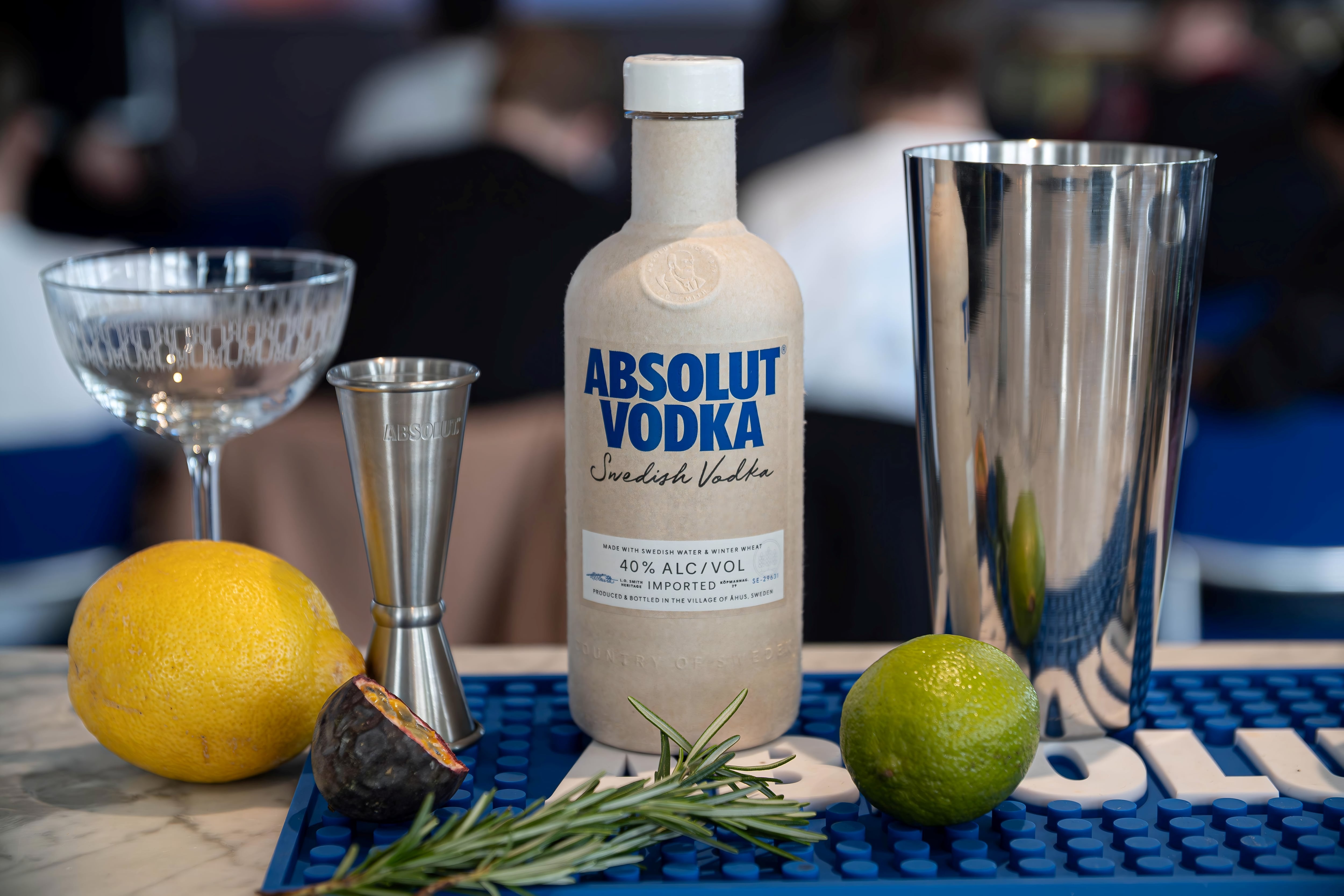
Can paper-based caps finally crack the technical challenges?
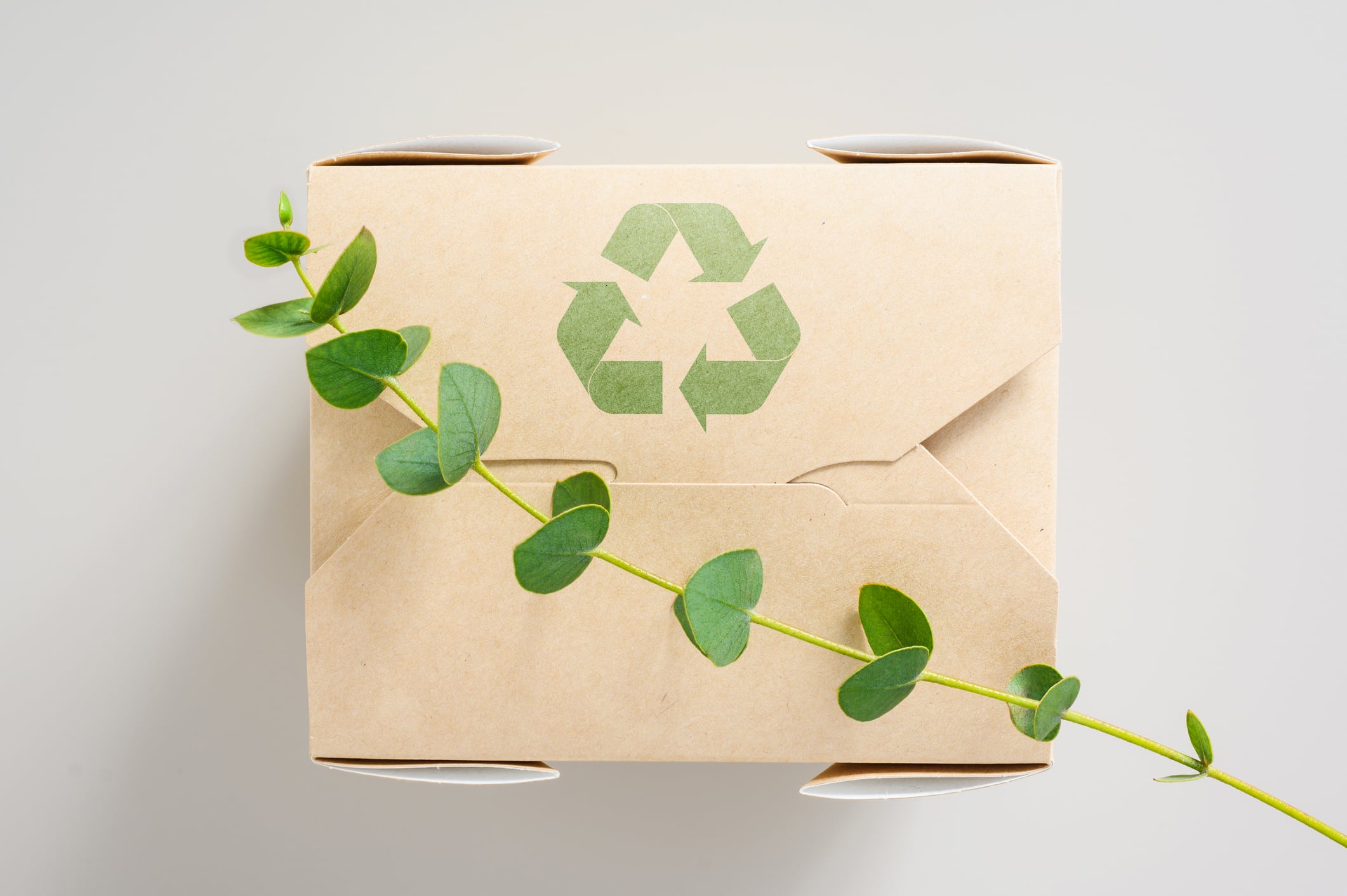
Younger people buck the trend of declining interest in sustainability

Suntory’s Green Hydrogen Vision looks to fuel operations and generate revenue by 2027, advancing sustainability in Japan’s food and beverage sector
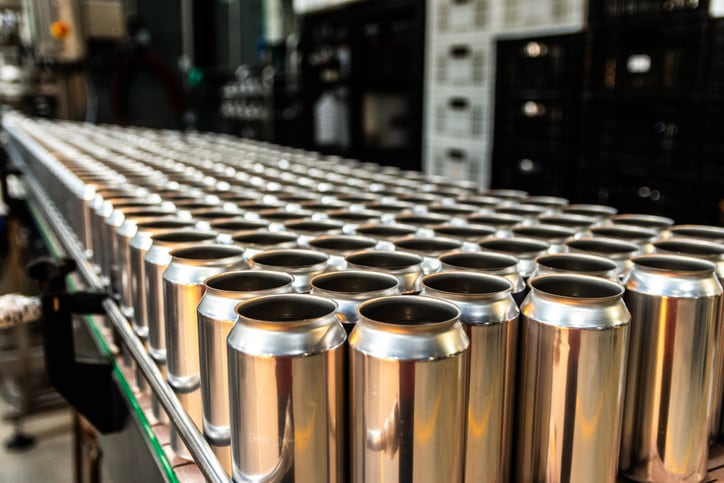
Constellation Brands expects to take a hit from the US’ aluminum tariffs over its fiscal year
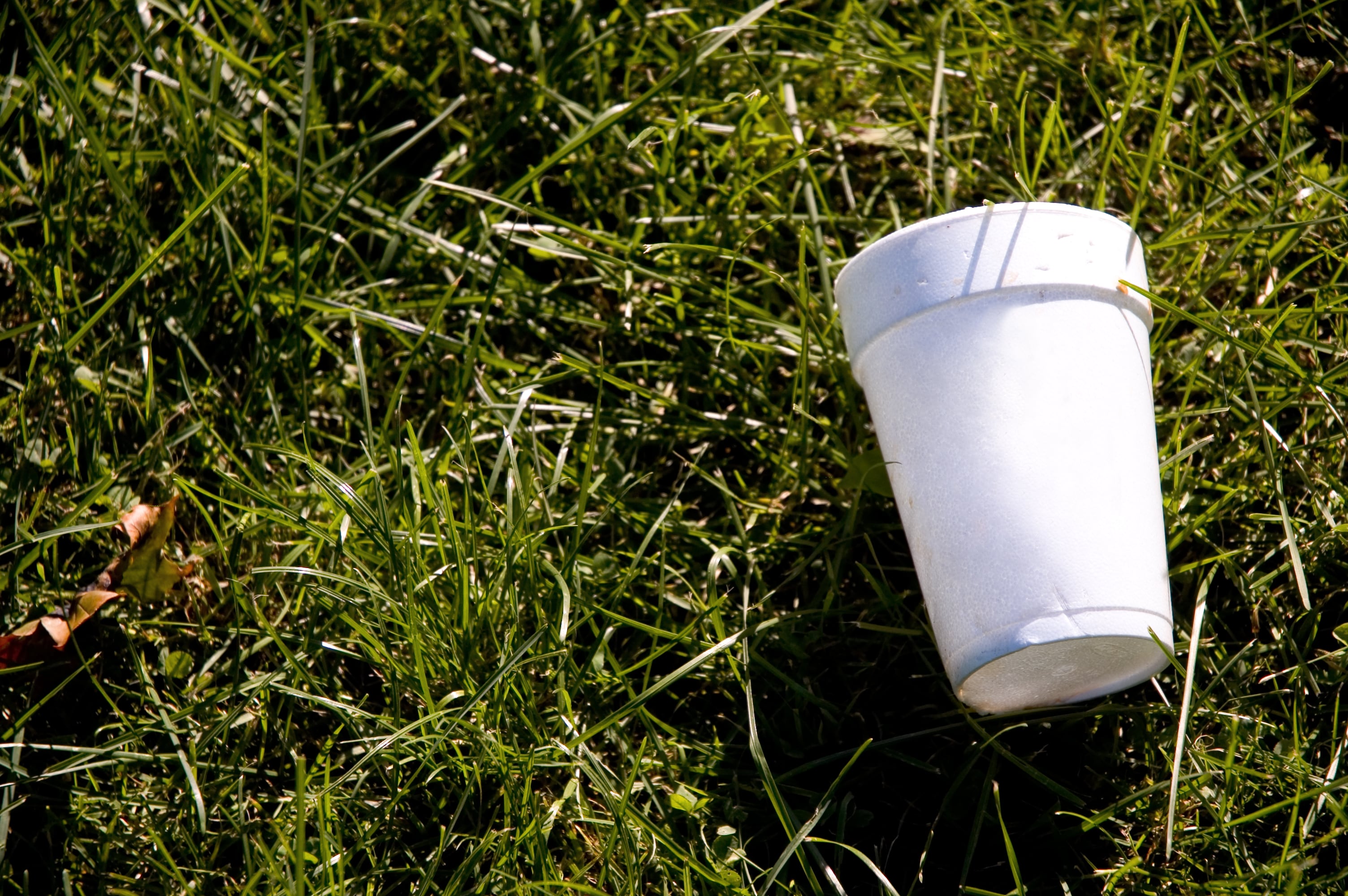
There has been significant uncertainty around the material
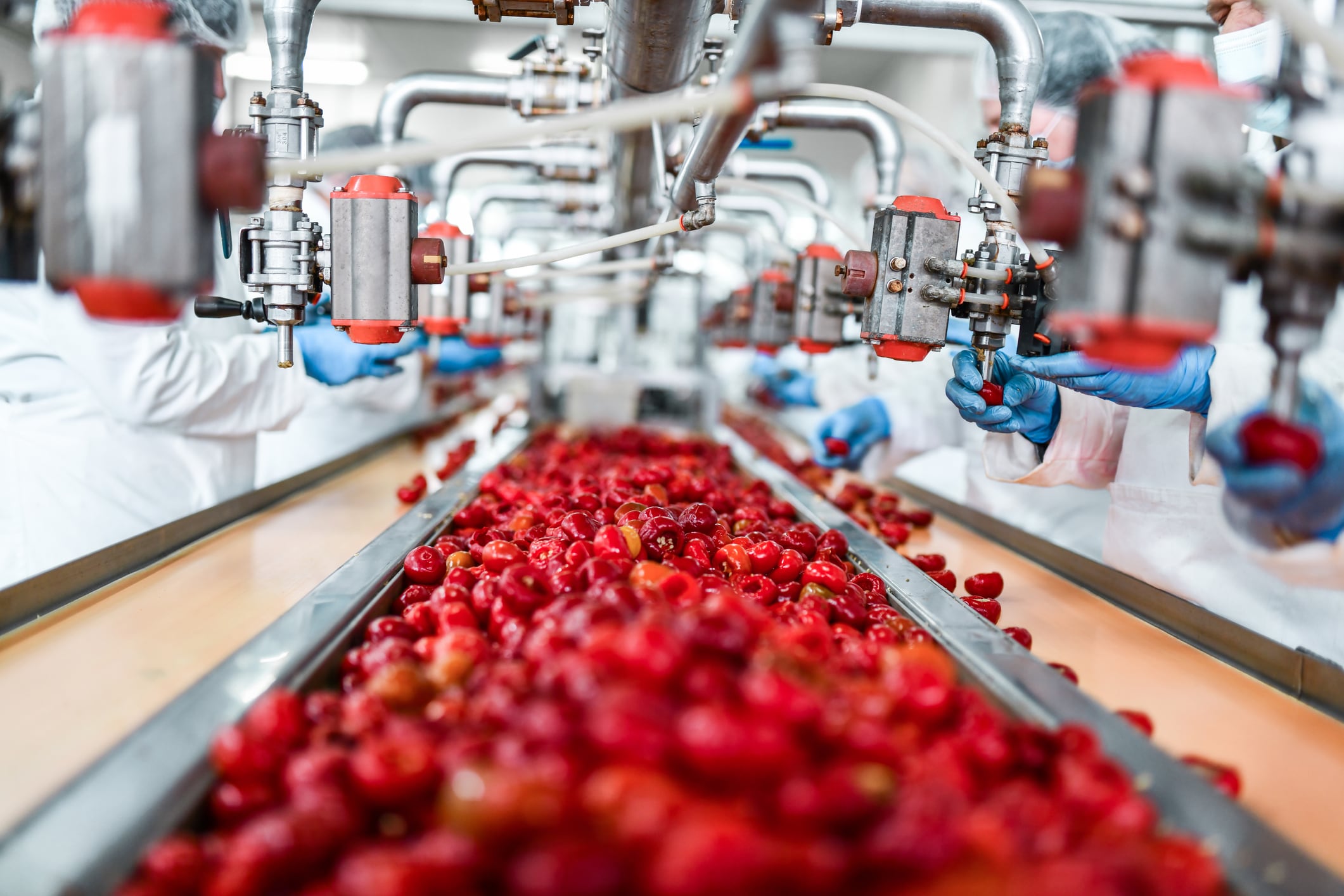
The newly formed FMTE aims to influence policy and boost R&D in food manufacturing
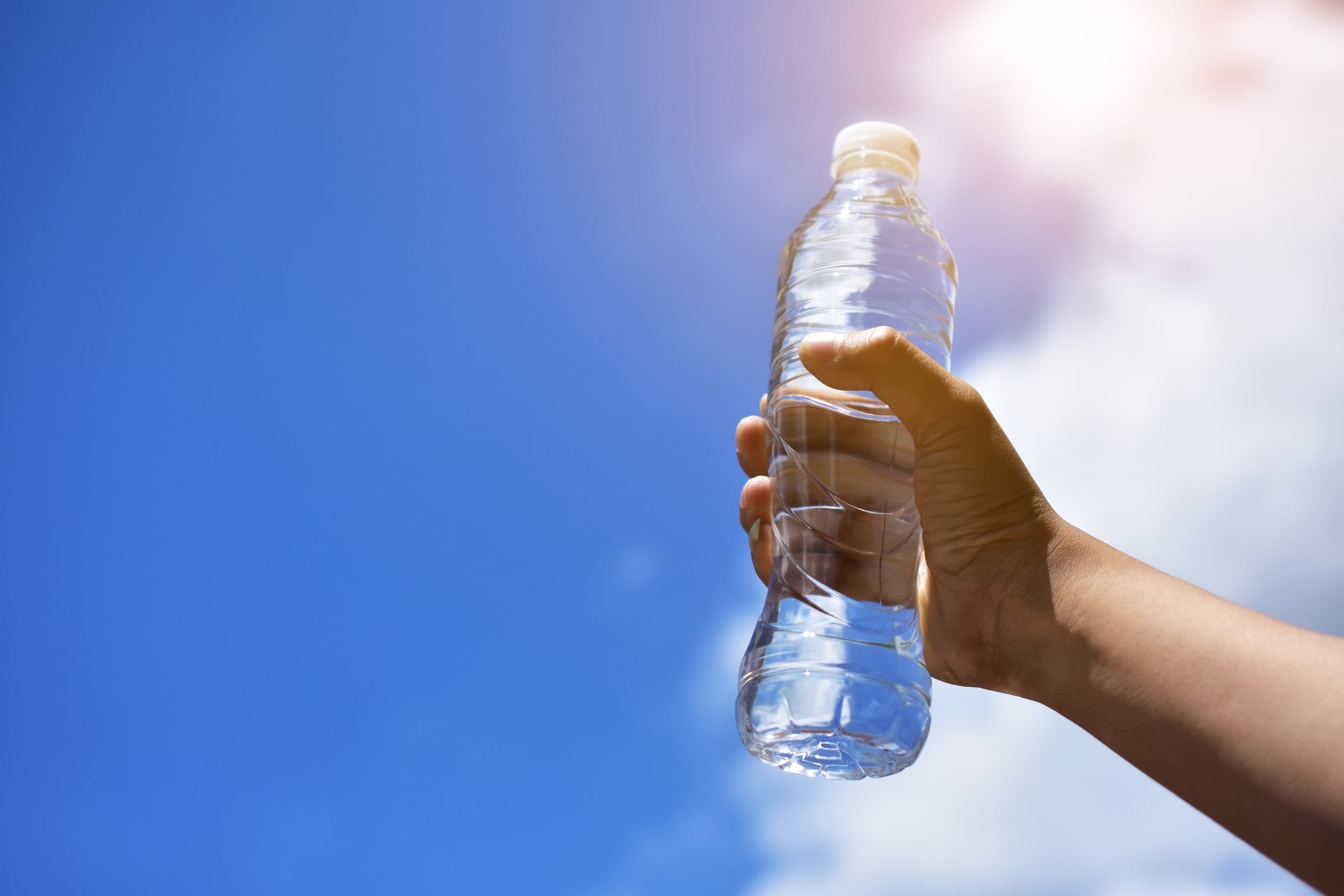
Regulation and consumer pressure is pushing the industry to go green on packaging
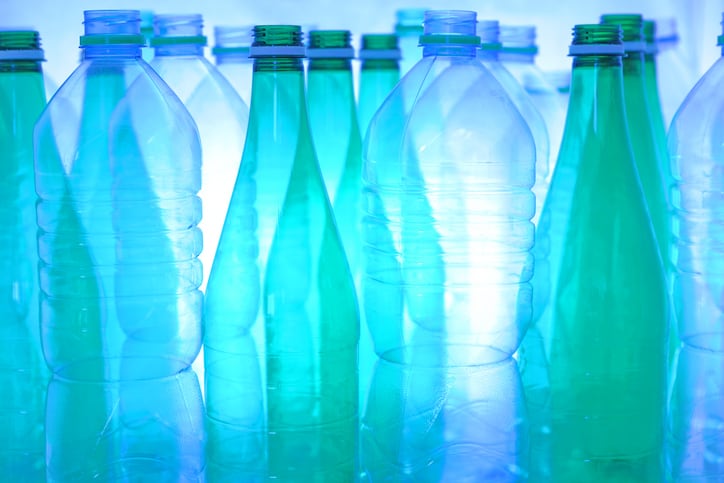
Plastic bottles remain a staple across the beverage industry. Will it ever be possible to completely transition away from this format; and what alternative formats would take its place?

While brands are keen to champion the idea of reuse-refill, few have managed to make it work effectively. Can this holy grail of beverage packaging ever succeed?
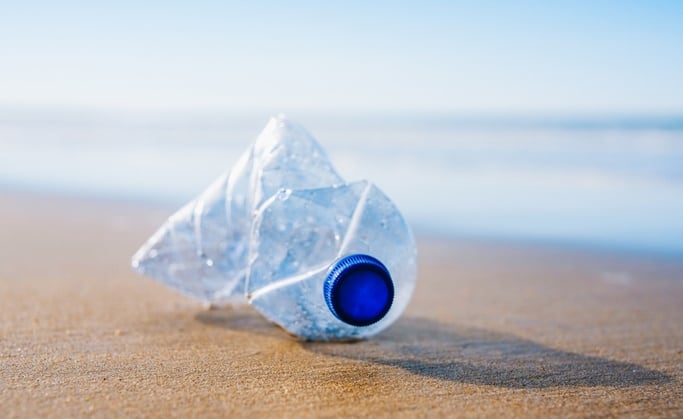
Coca-Cola’s plastic use continues to grow - despite a clear opportunity to change, says international ocean advocacy organisation Oceana.
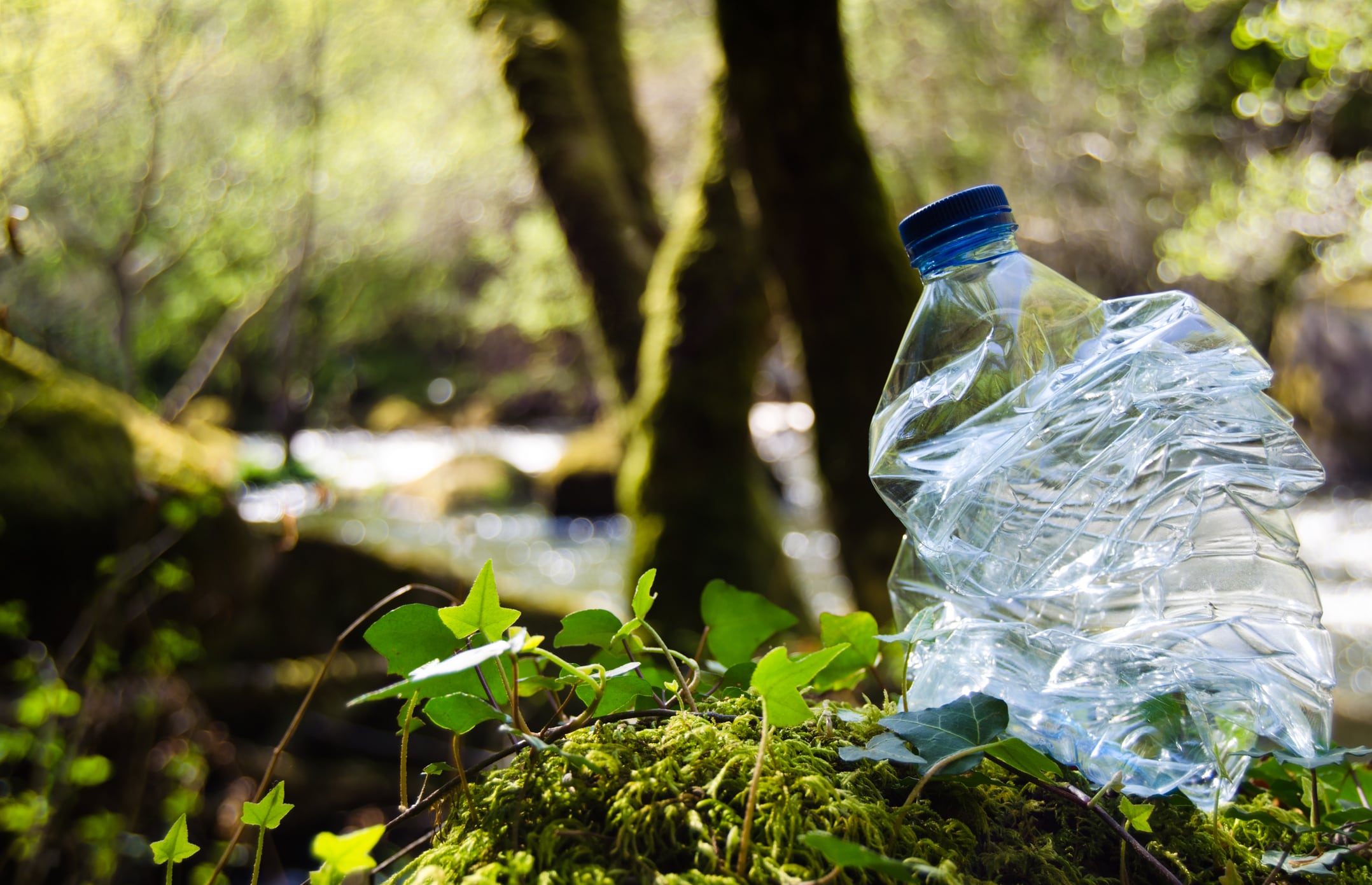
As the UK’s EPR comes into force, the EU is harmonising its own schemes
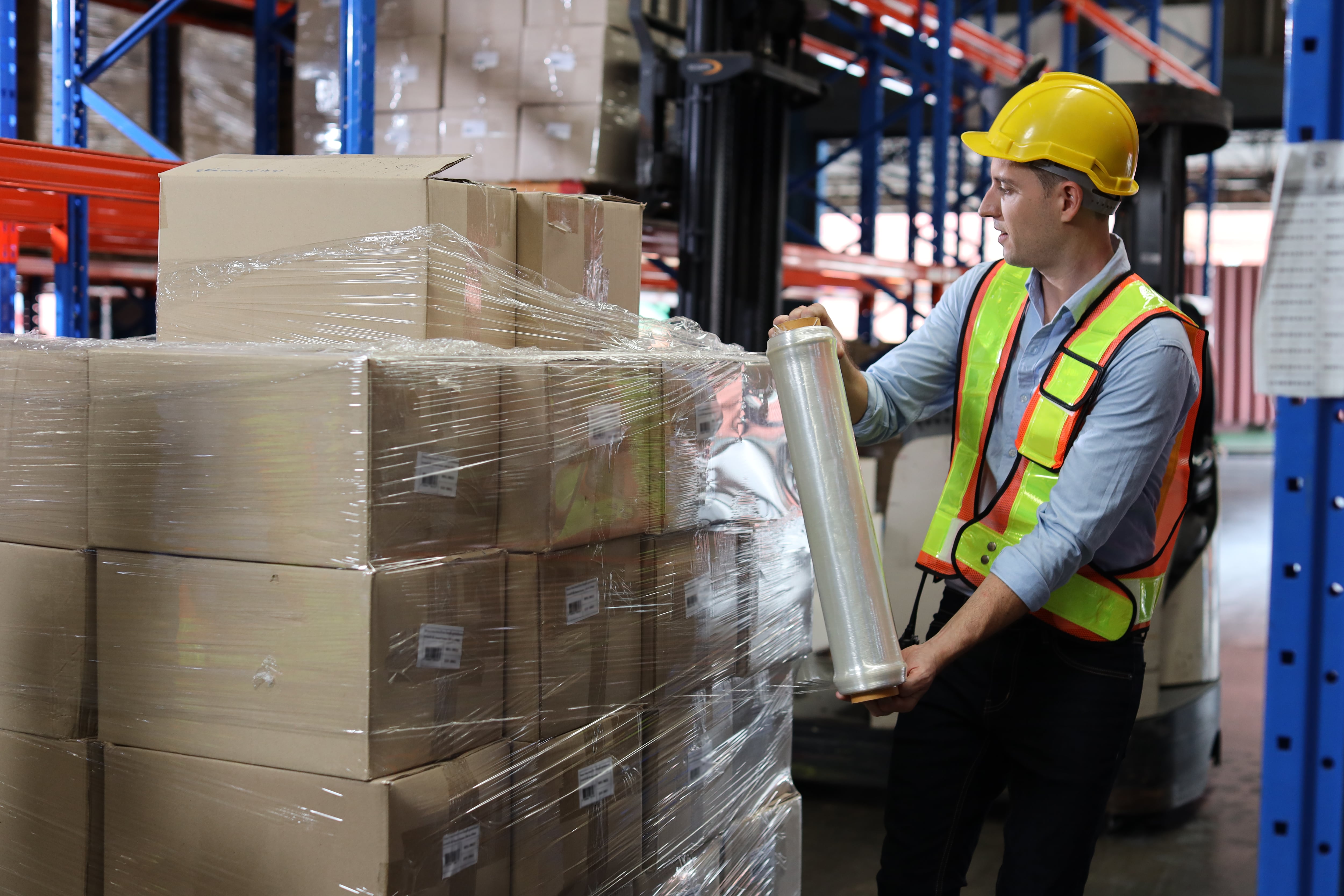
How can packaging manufactures reduce waste and improve sustainability across the entire supply chain?
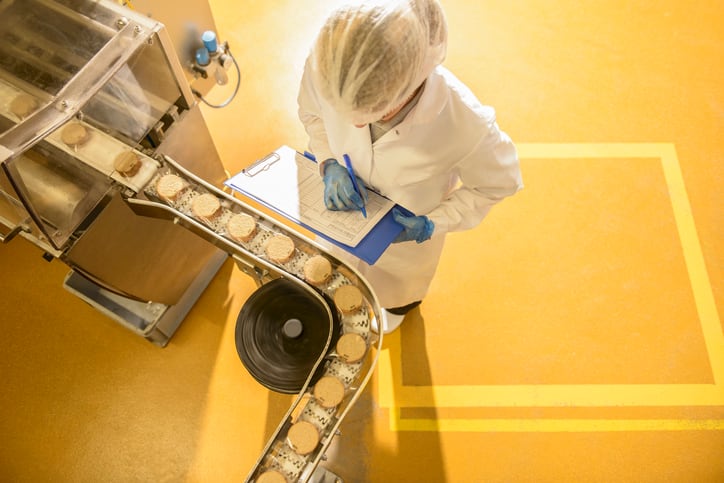
Packaging has a lot to gain from AI - but steep upfront costs mean businesses must consider which parts of their operations need it the most
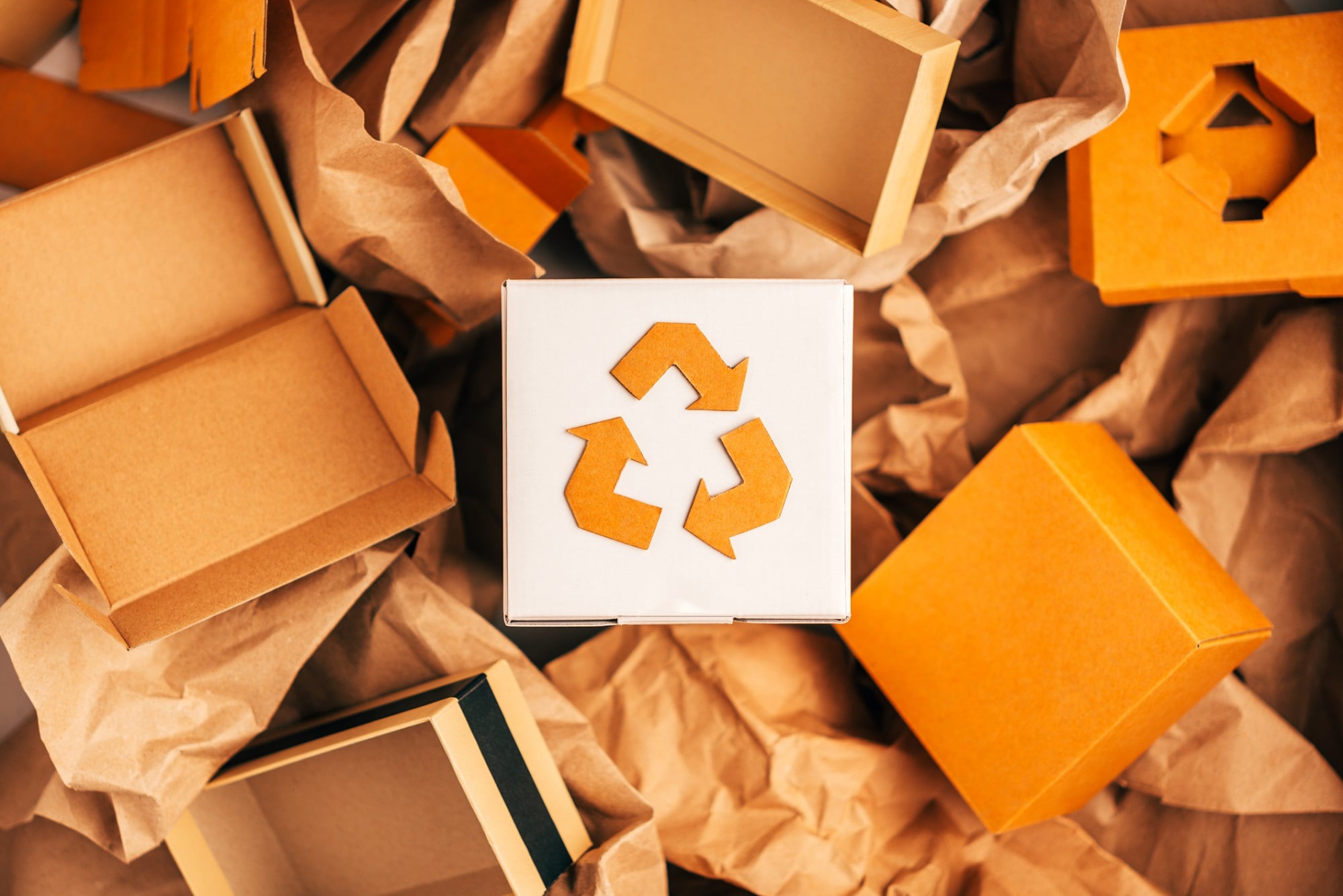
Paper-based packaging has been a hit in some CPG categories, but less so in others. The key is striking a balance between what’s possible and what’s necessary, packaging experts say
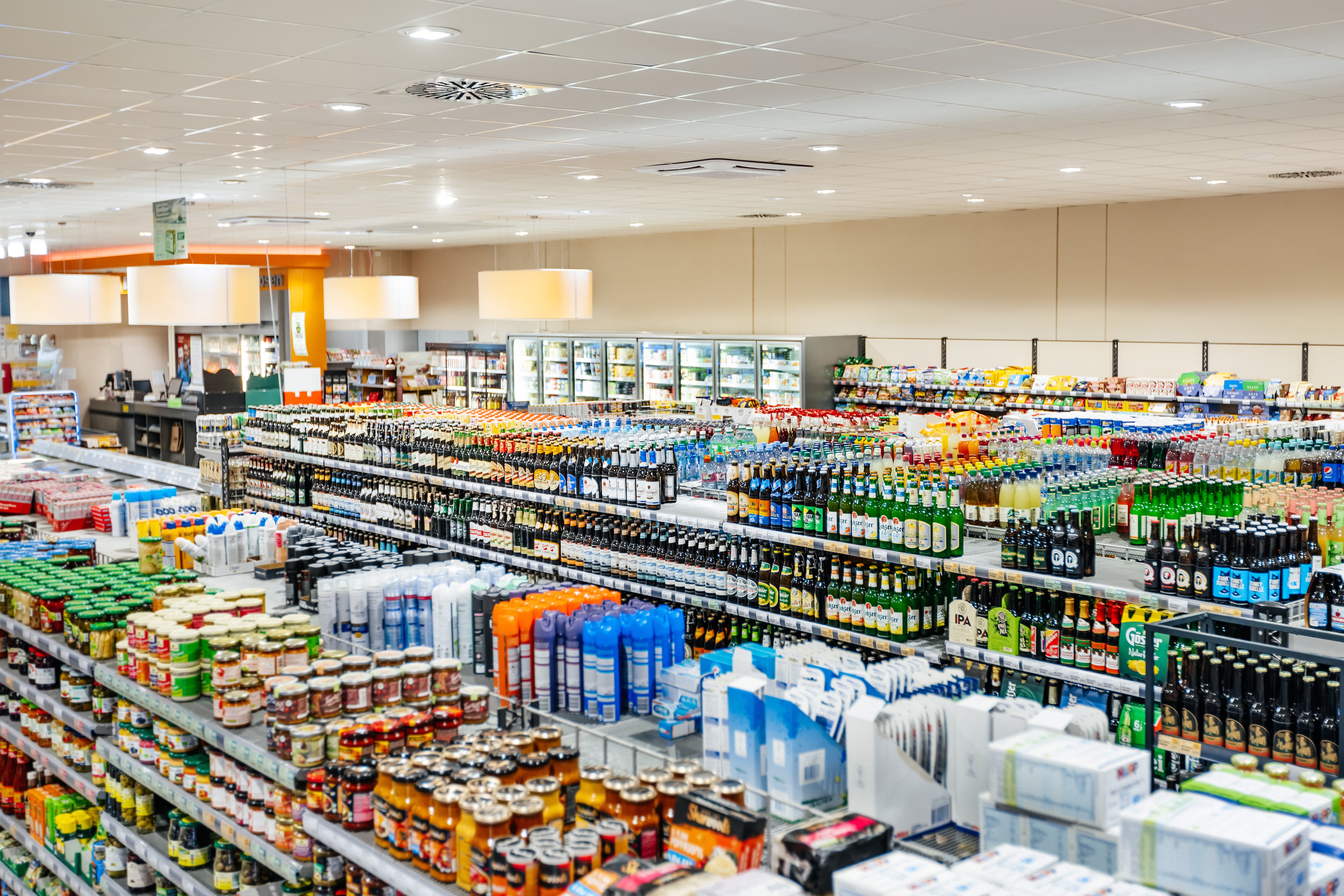
From accelerating label design to generating 4D visuals on the fly, how is AI influencing packaging design?
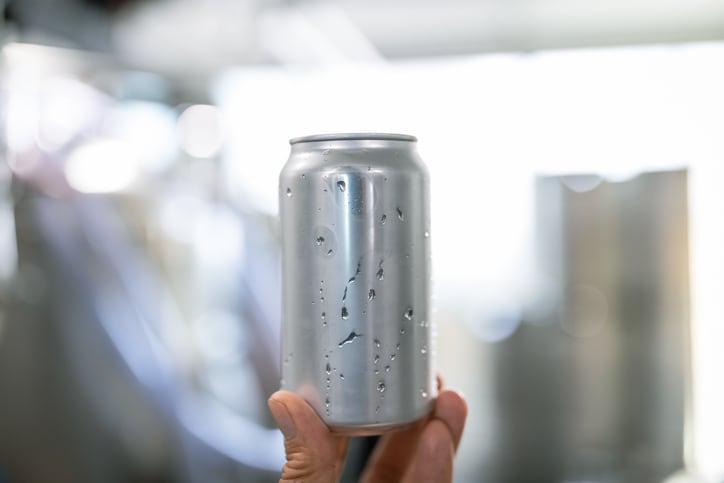
Beer and soda packaged in beverage cans could be affected by the new tariffs - with beverage giant Coca-Cola saying it could turn to more plastic bottles as a result.
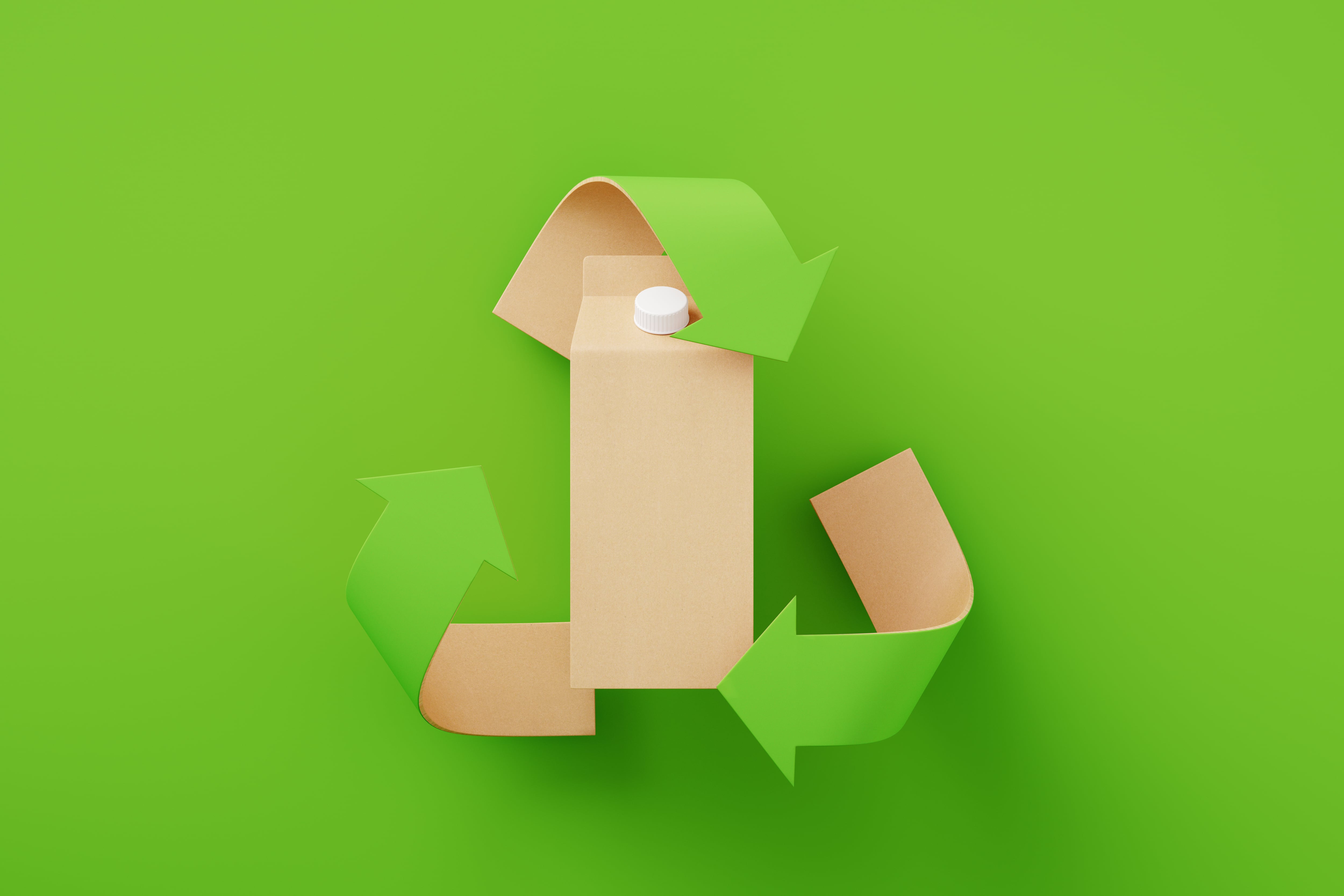
The partnership has yielded a first of its kind sustainable beverage carton, but a myriad of industry-wide challenges continue to overshadow progress in the sector
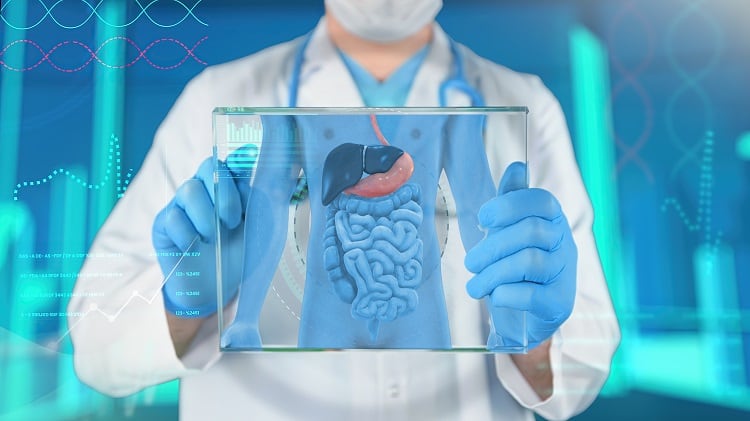
How, and why, do microplastics alter the microbiome?
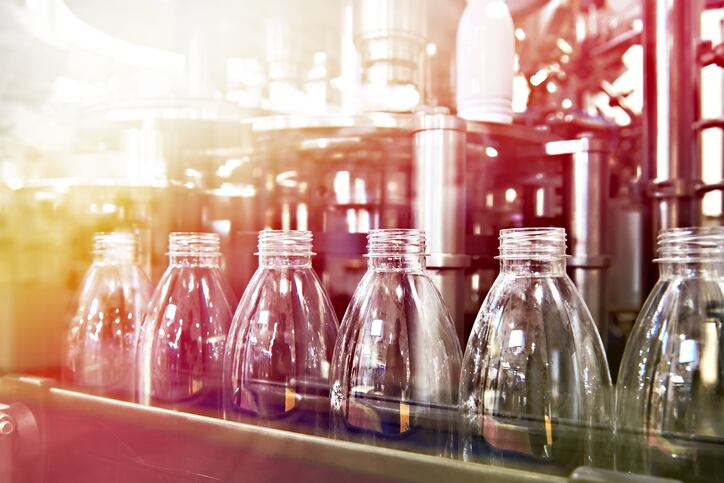
From renewable energy to R&D, big players have been making big investments over the last few weeks
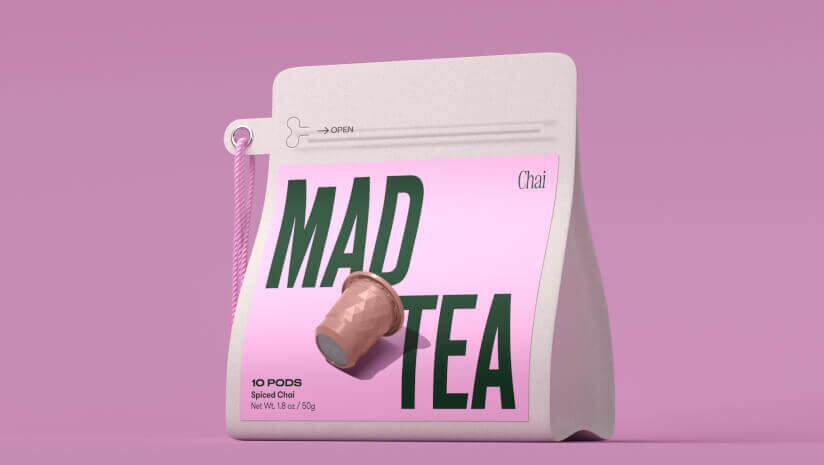
Mad Tea’s 100% compostable tea pods, made from a blend of PHA and other compostable bioplastics, aim to satisfy consumer demand for sustainable packaging, yet experts warn that high production costs, limited infrastructure, and regulatory confusion pose...
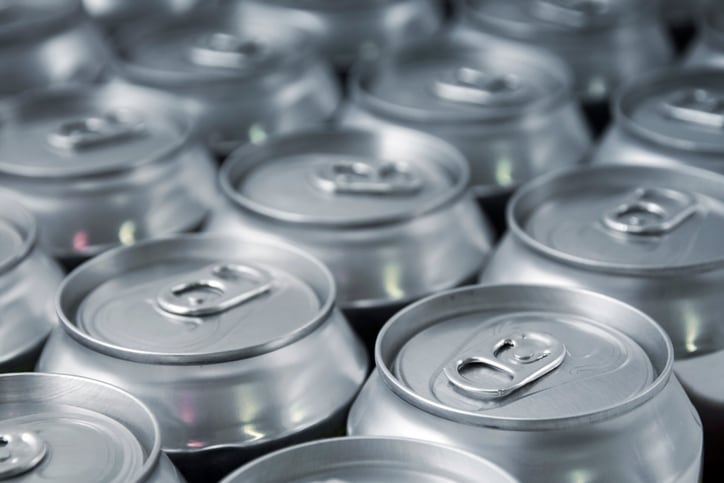
Celsius Holdings – the company behind premium lifestyle energy drink Celsius – has acquired Big Beverages Contract Manufacturing L.L.C.
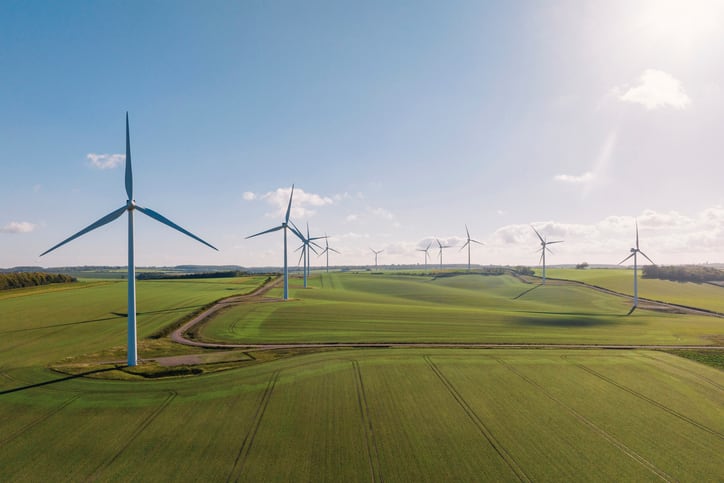
Coca-Cola, Bacardi, Carlsberg, Constellation Brands, Diageo, Heineken, Molson Coors, Pernod Ricard and Whyte & Mackay are all joining forces in a new consortium to accelerate renewable energy adoption across the beverage industry supply chain.
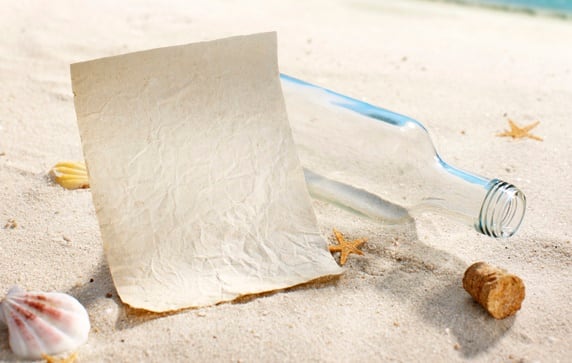
Paper bottles are making their way onto shelves. Do they have what it takes to become a mass market packaging option?
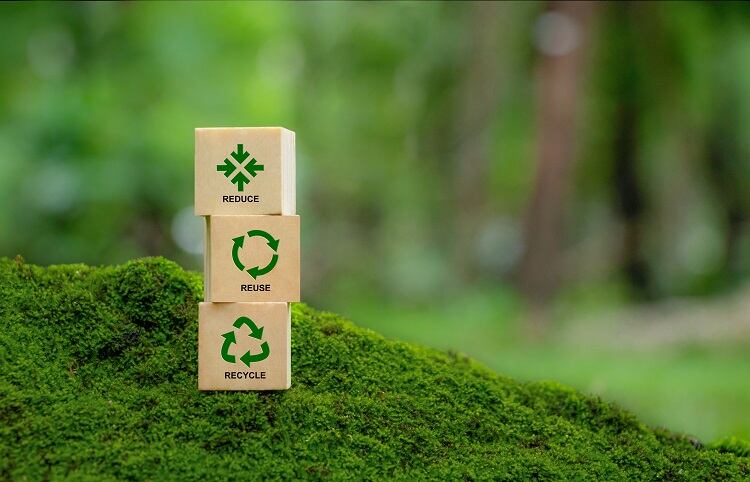
Diageo is aiming to reduce its greenhouse gas emissions through changes and reductions in packaging.
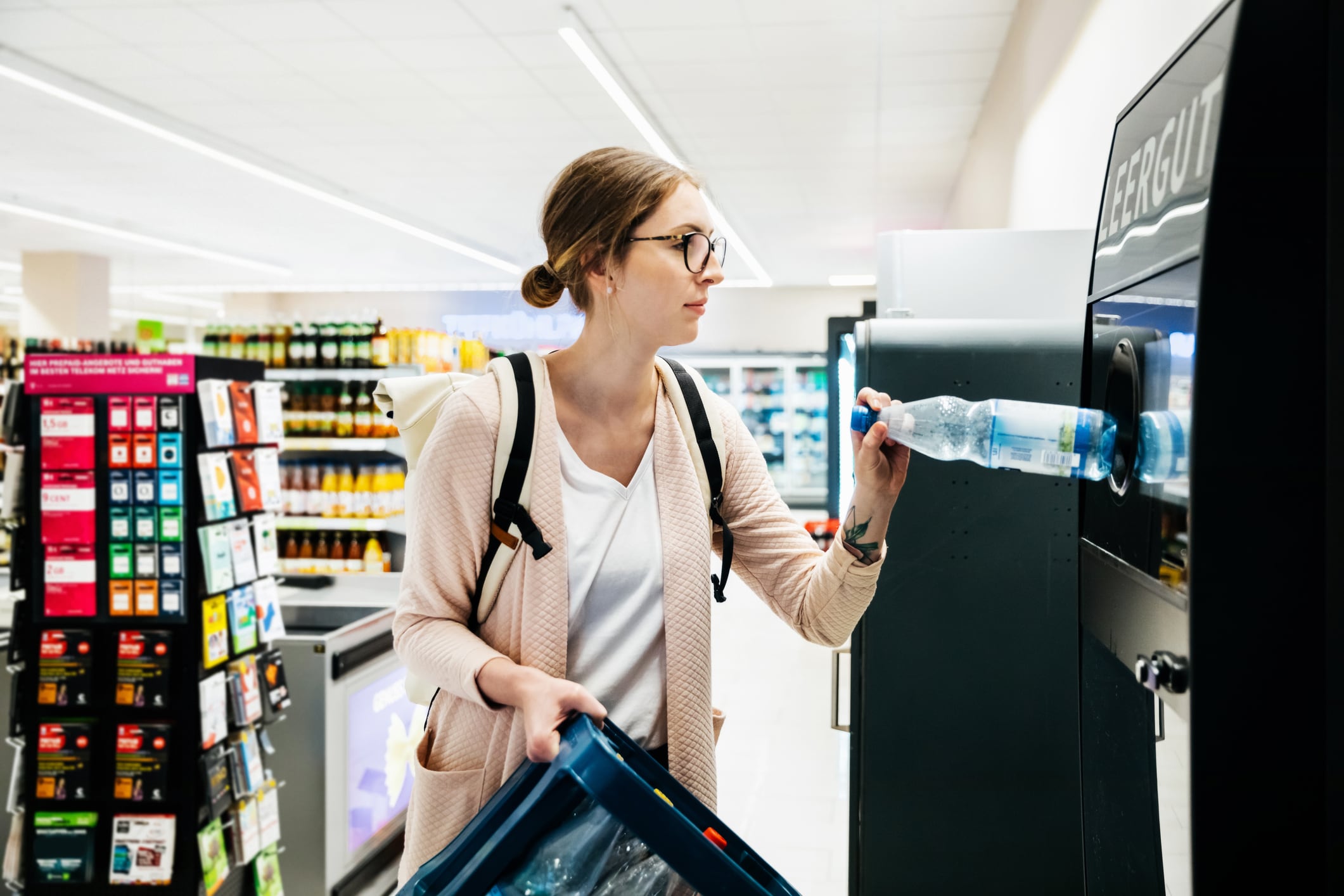
News
Almost three quarters of Brits want to see the new Labour government press ahead with a deposit return scheme (DRS) for all drinks containers.
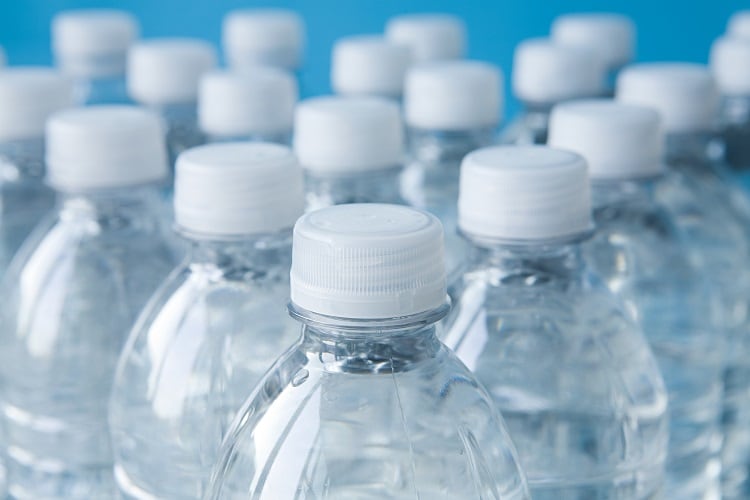
One Tech company's silicon-free chips can both store information to tell consumers how to recycle a product, and tell manufacturers how often the product is recycled.
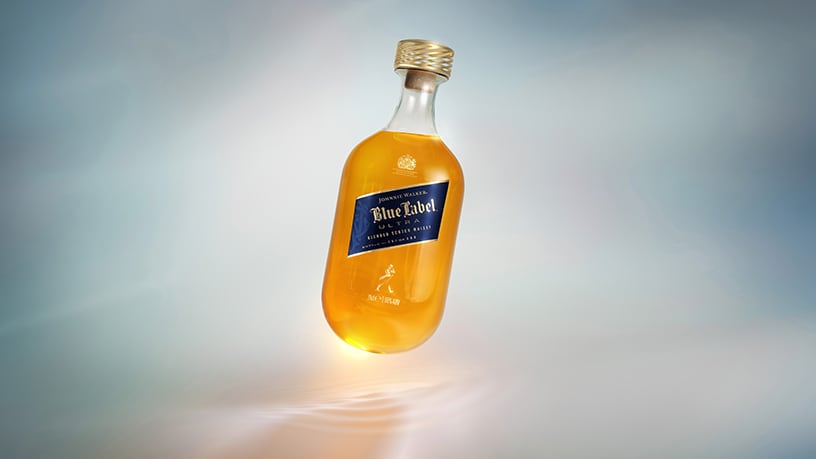
The Johnnie Walker Blue Label Ultra bottle comes in at just 180g, rethinking all aspects of how the bottle is designed, made and transported. Could it inspire change across the industry?